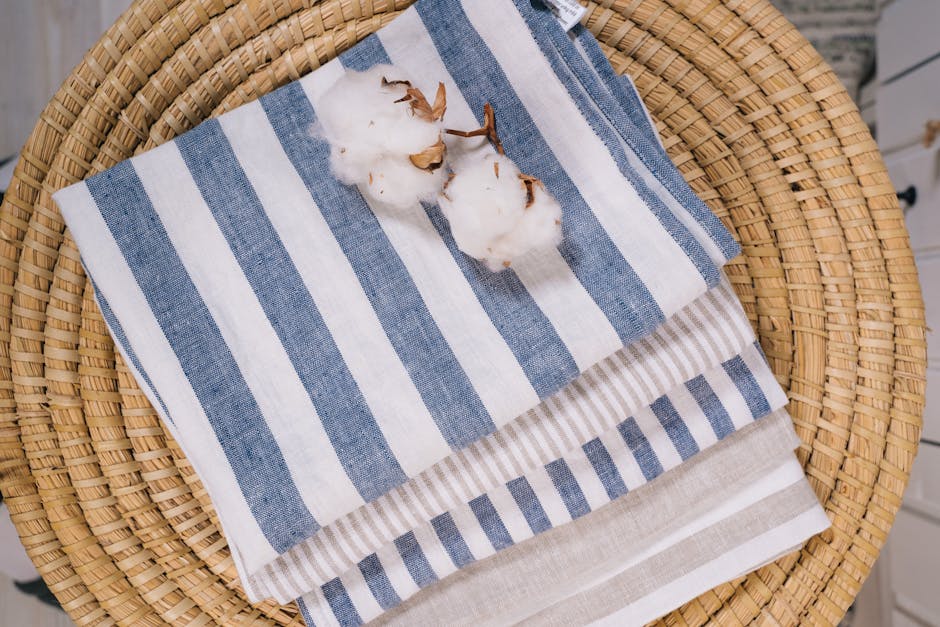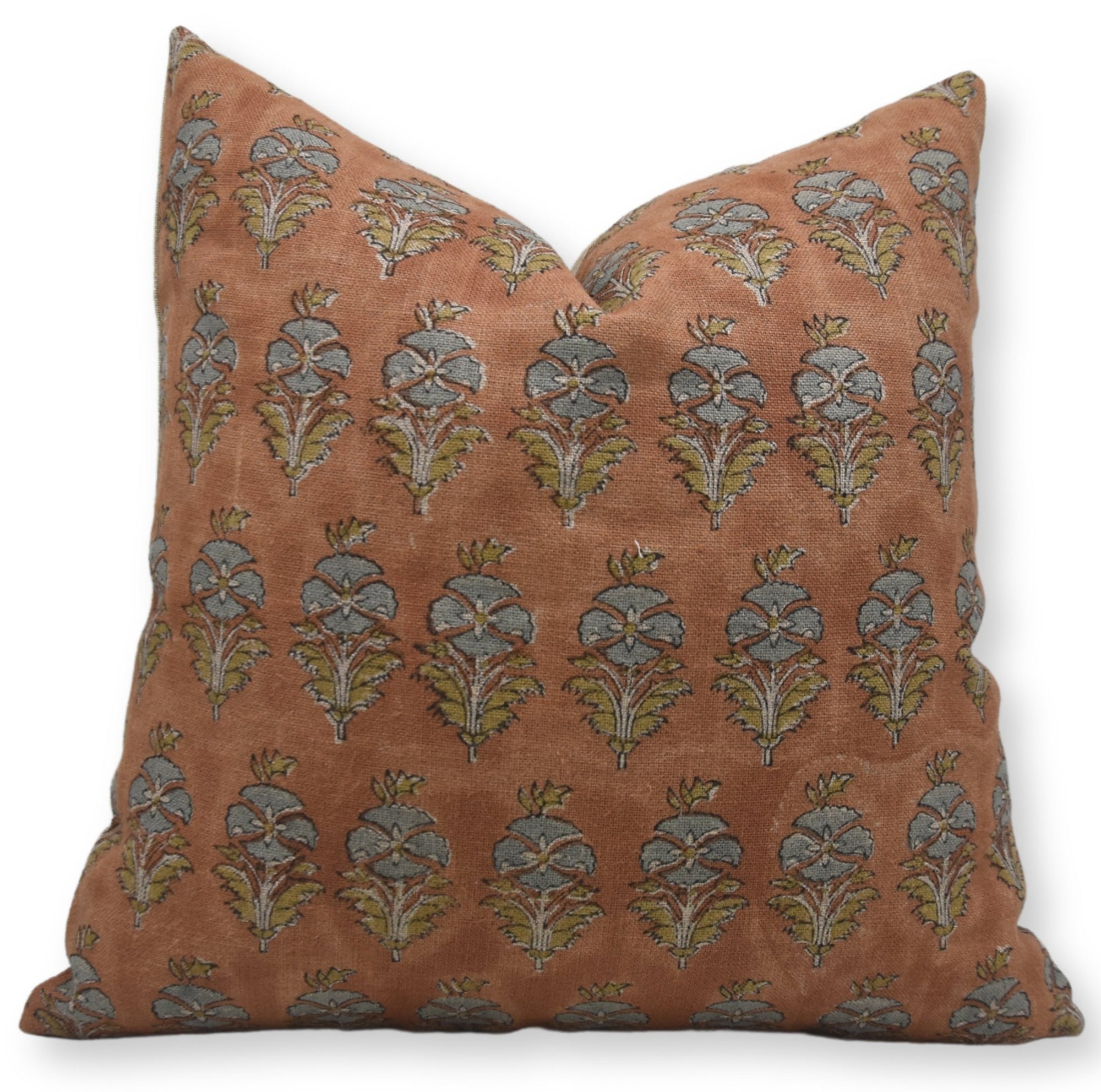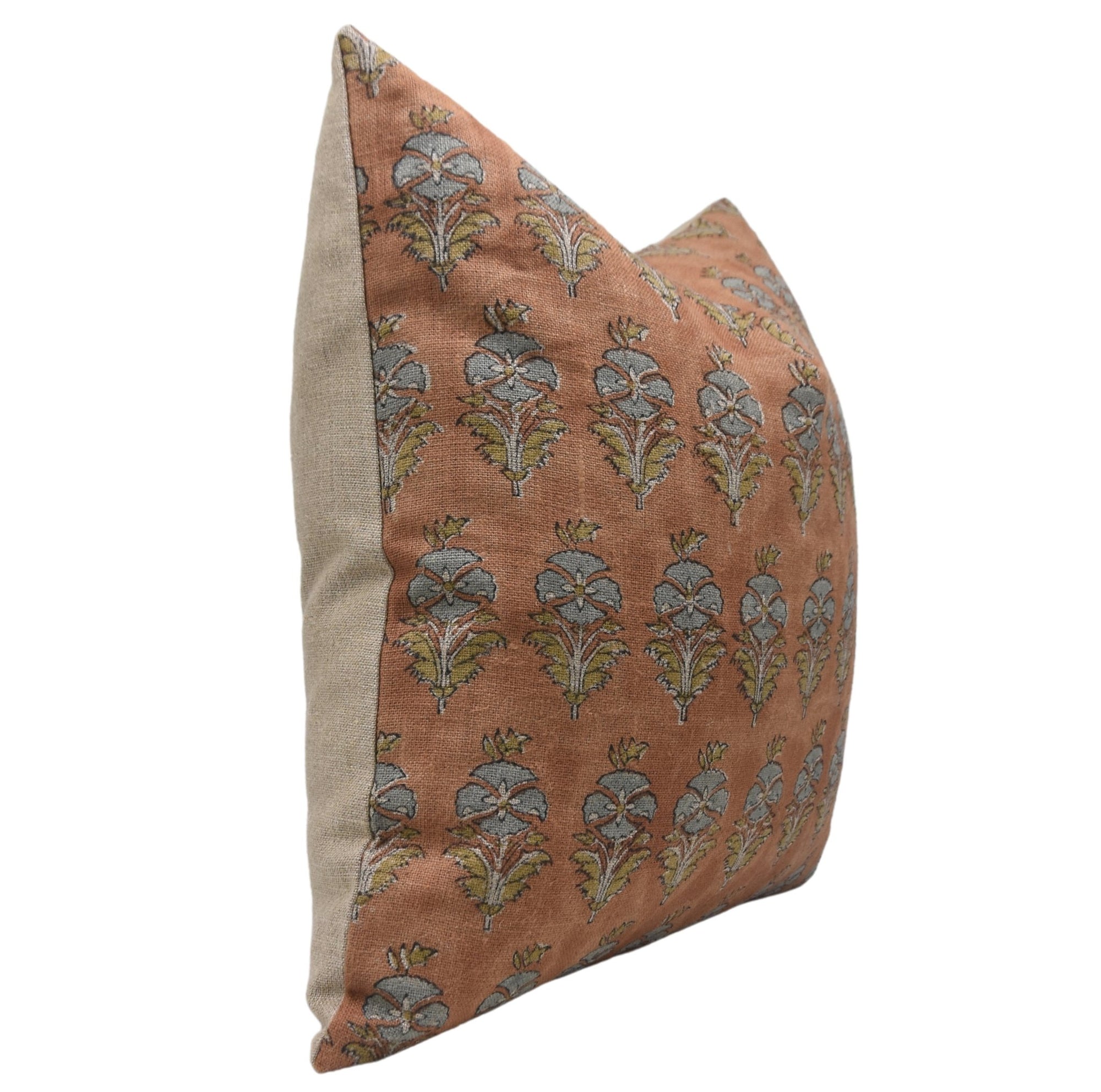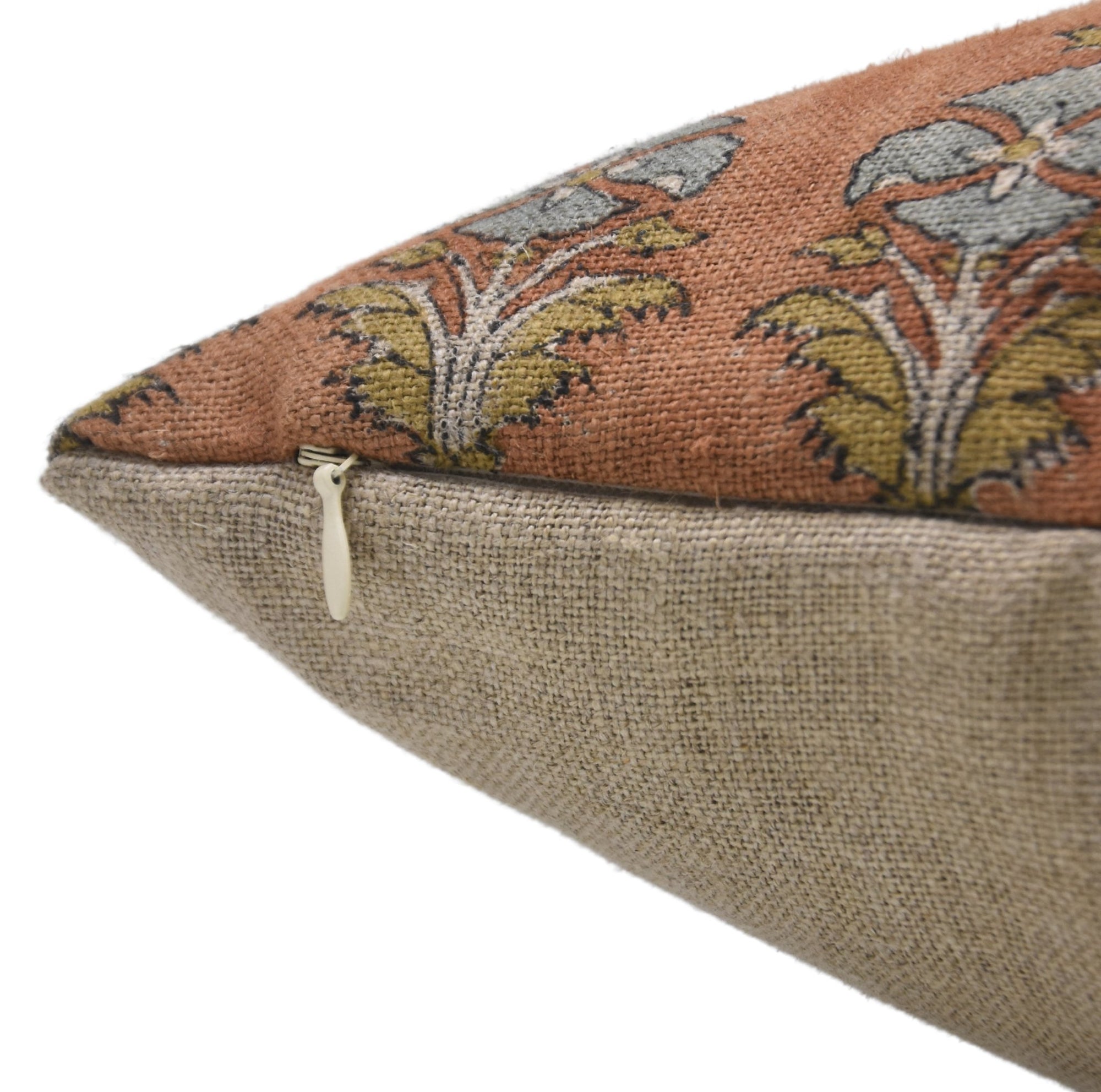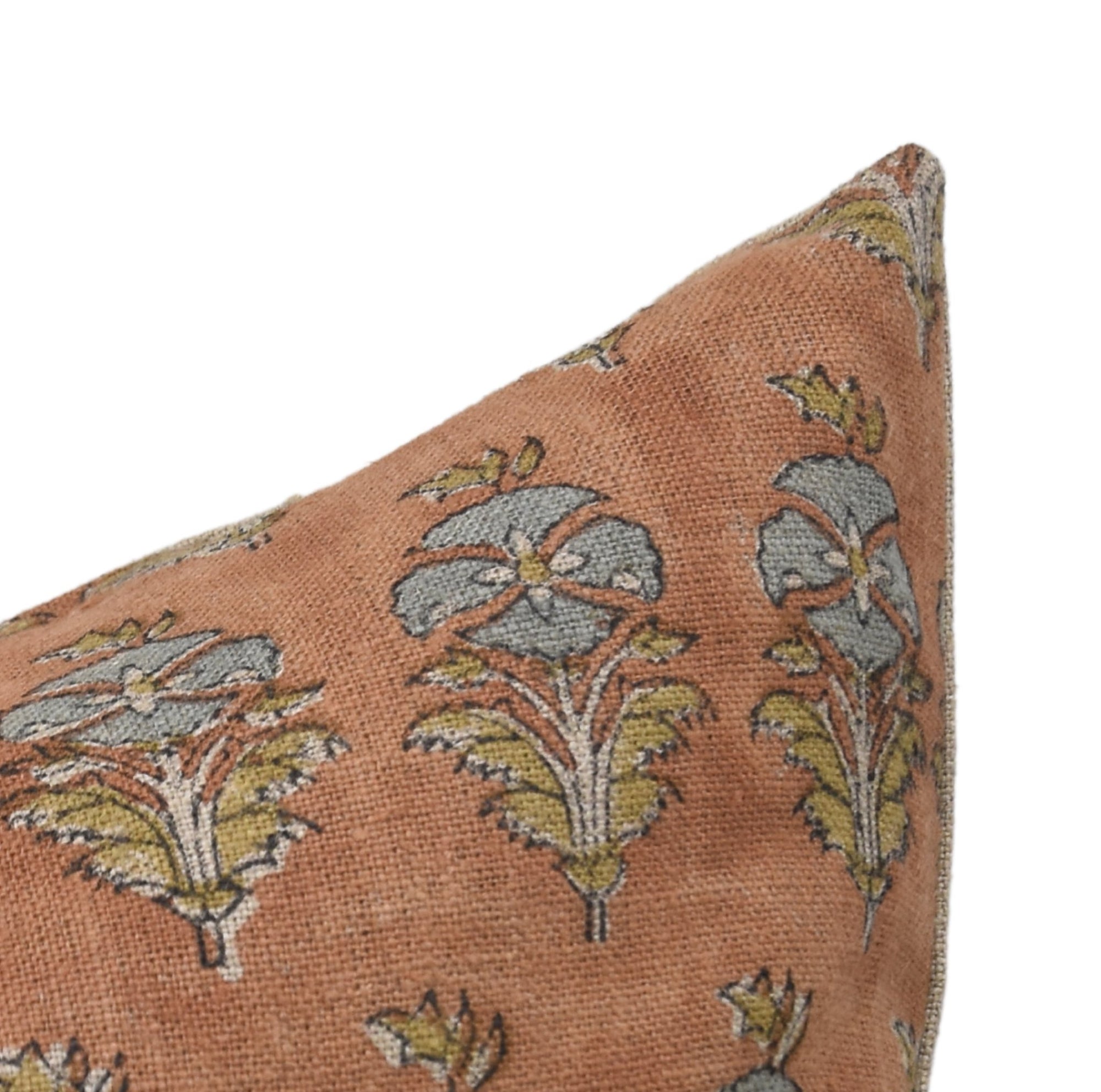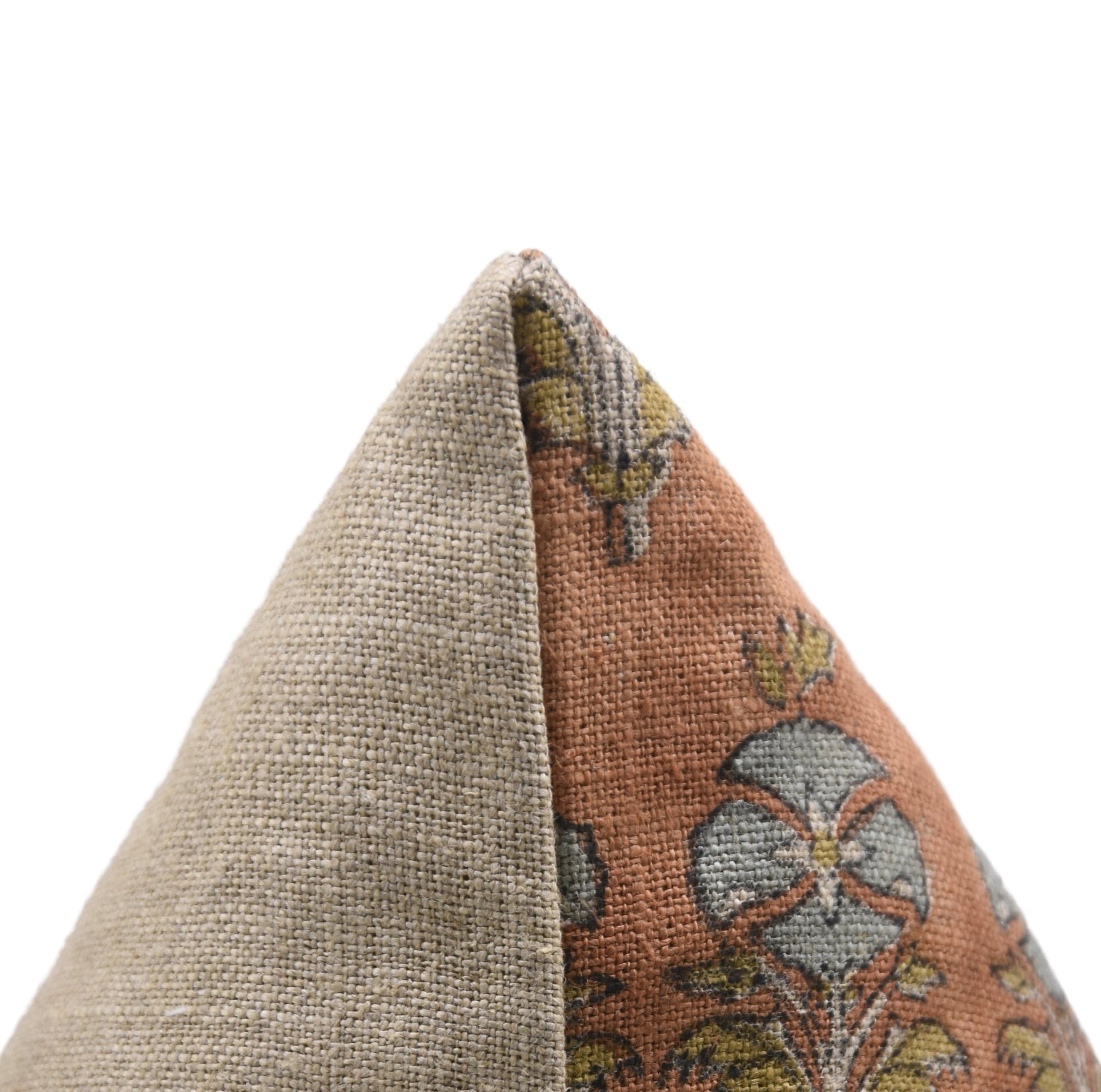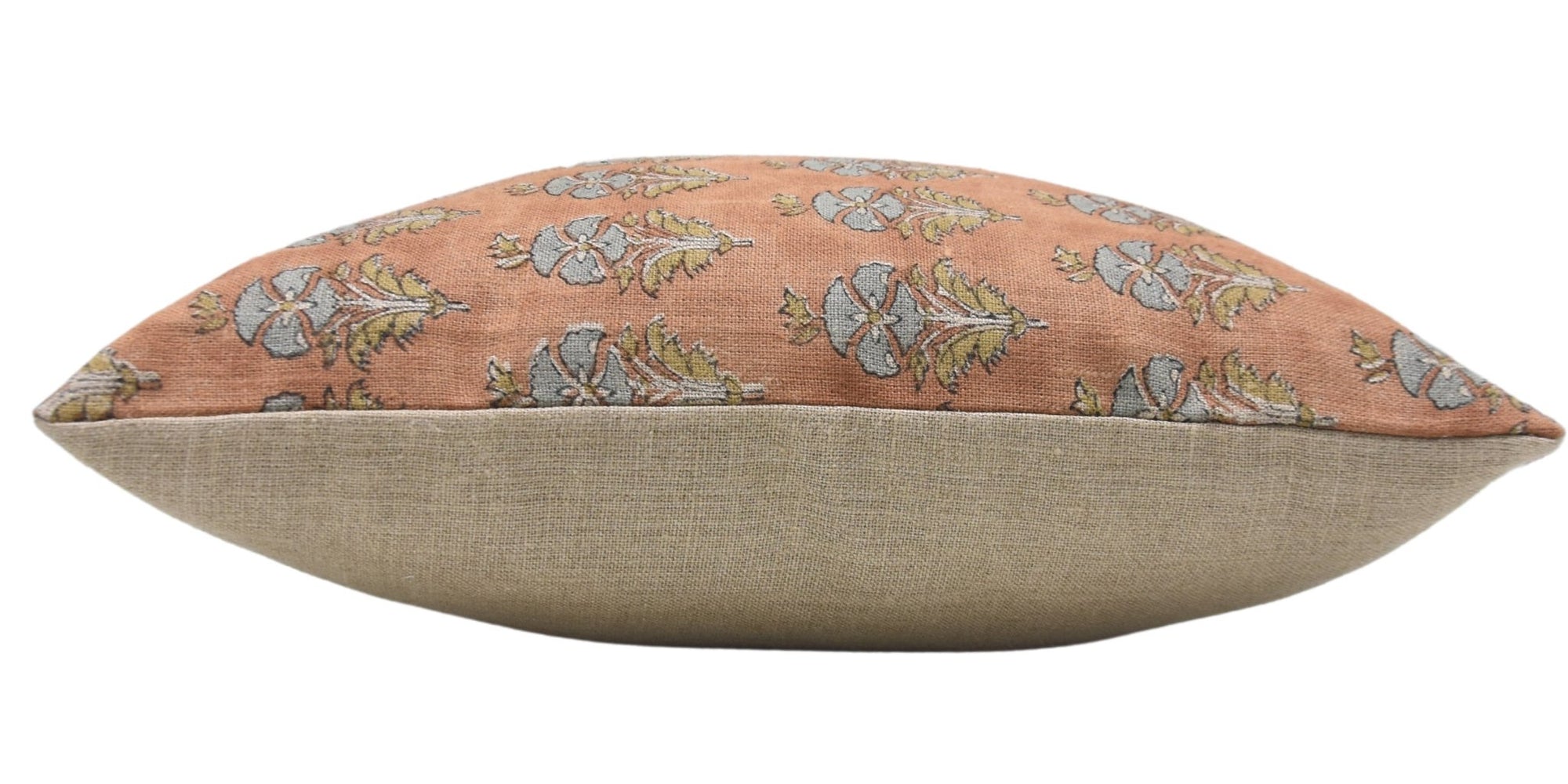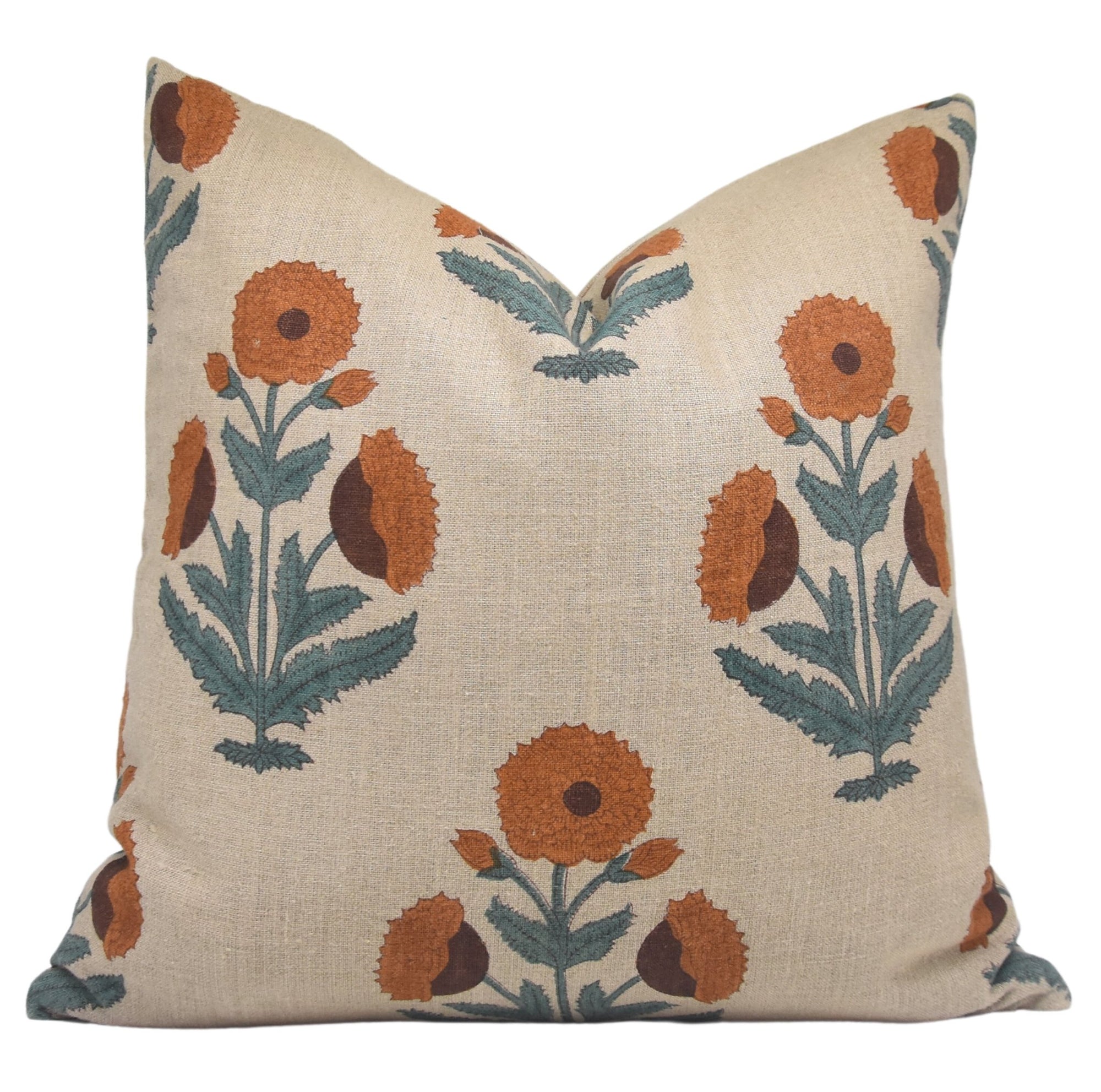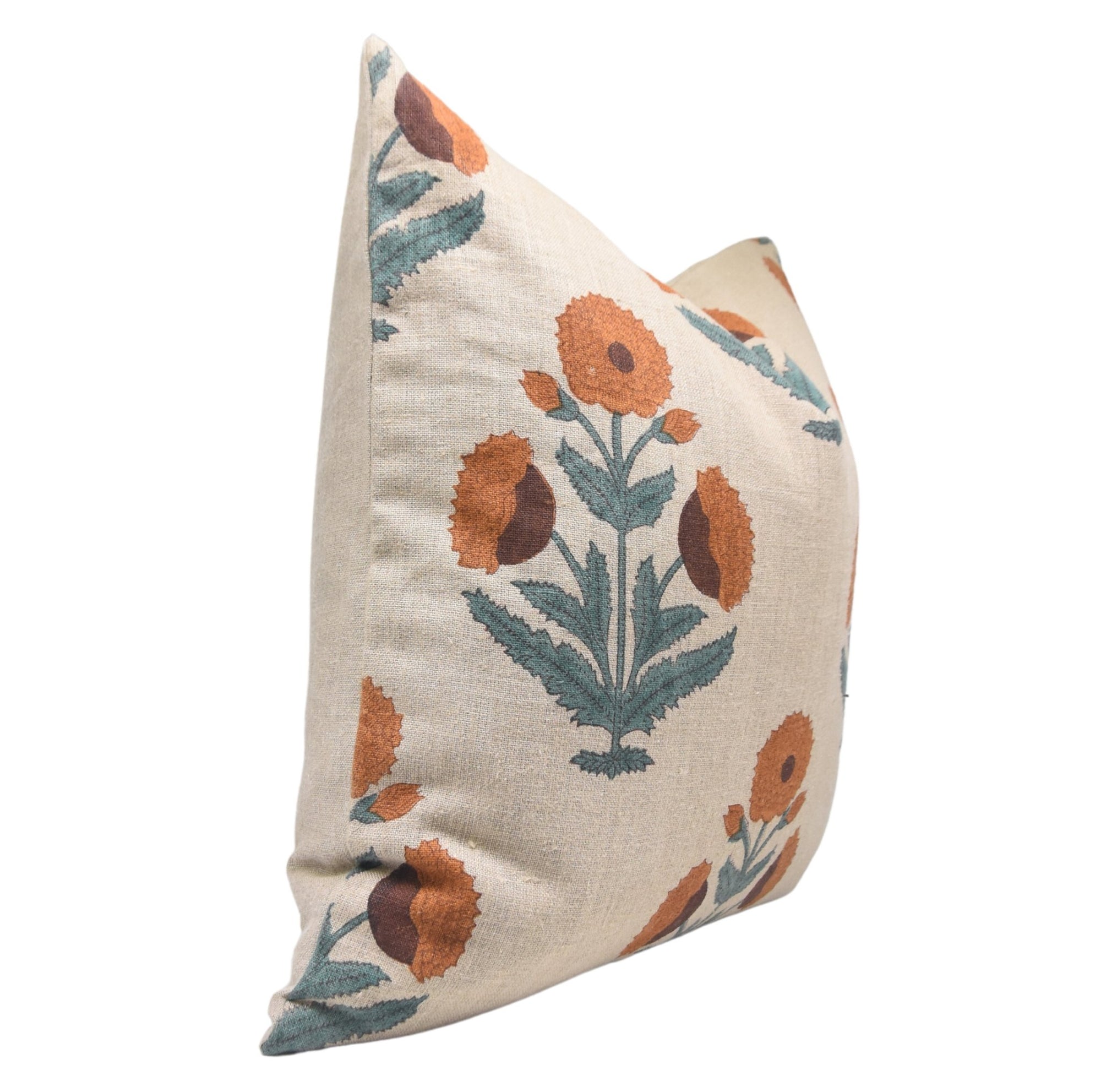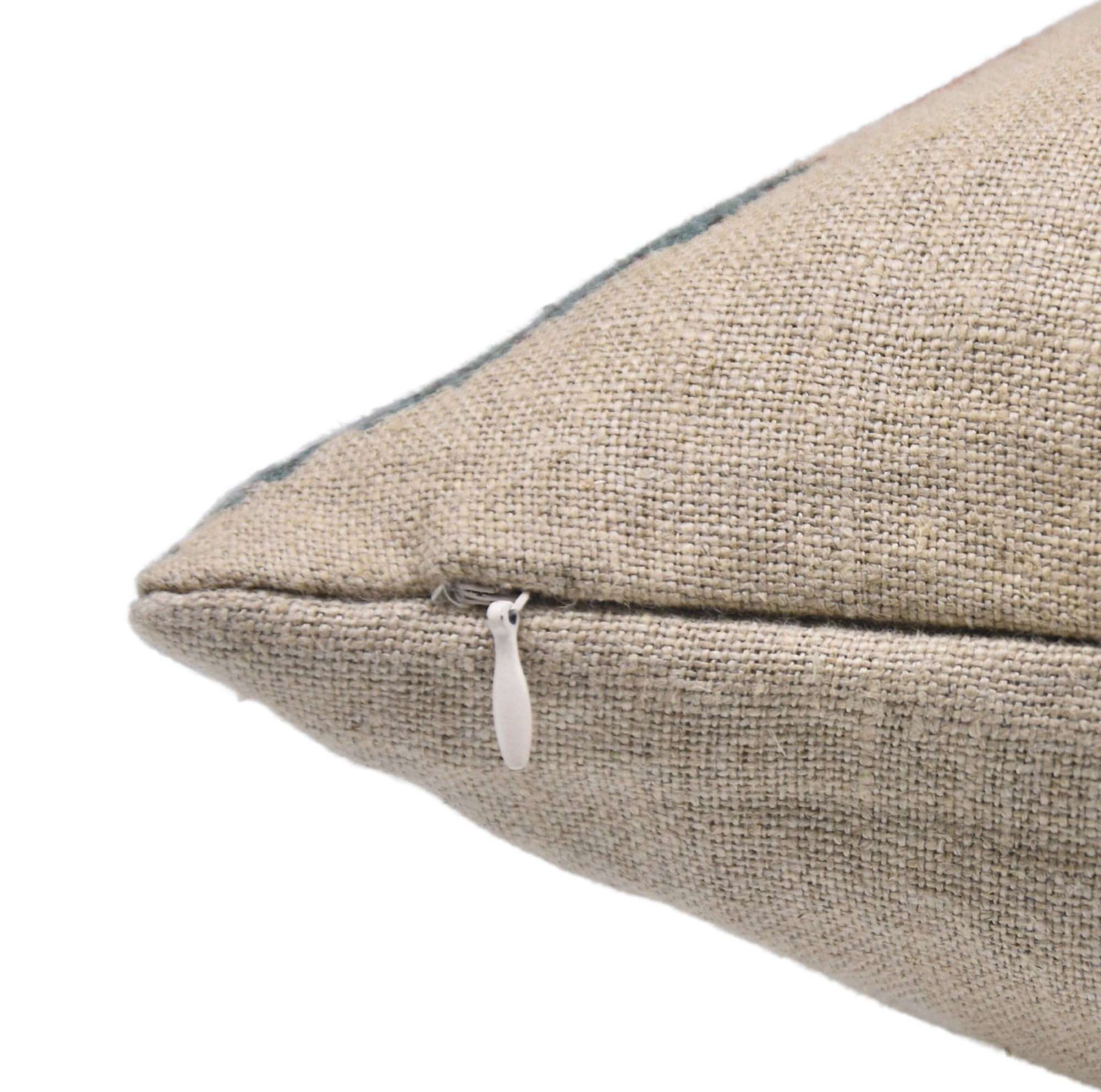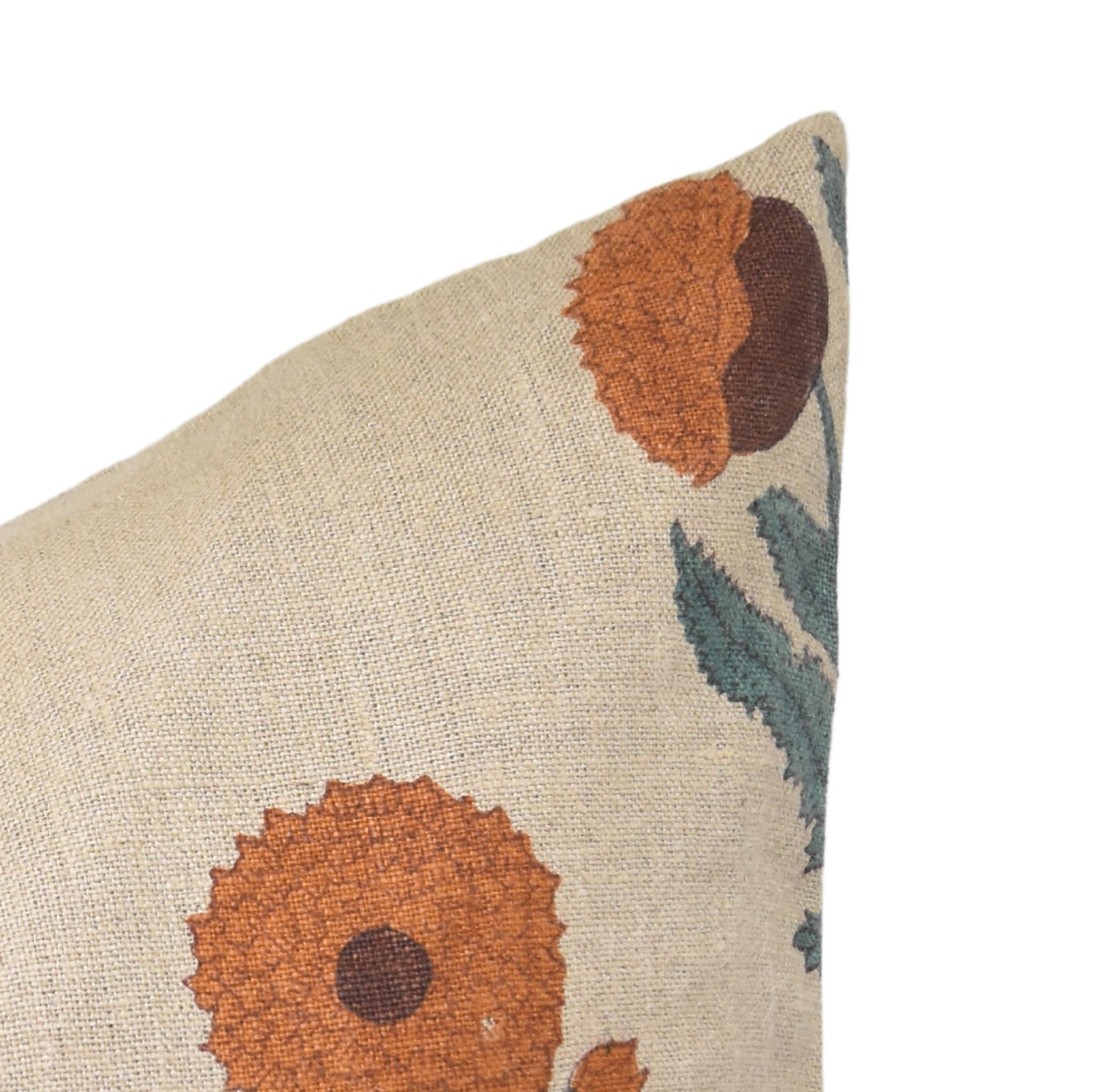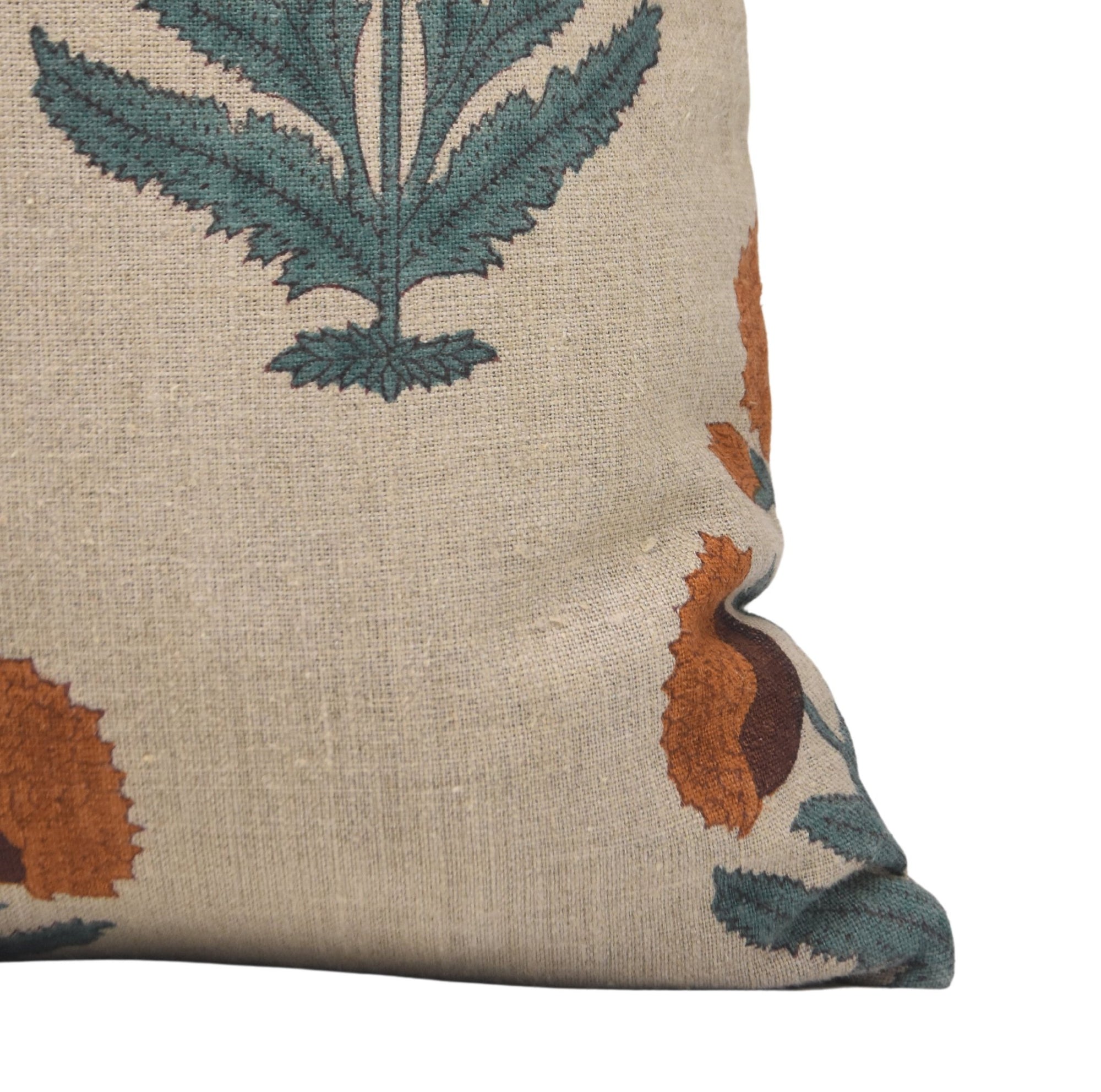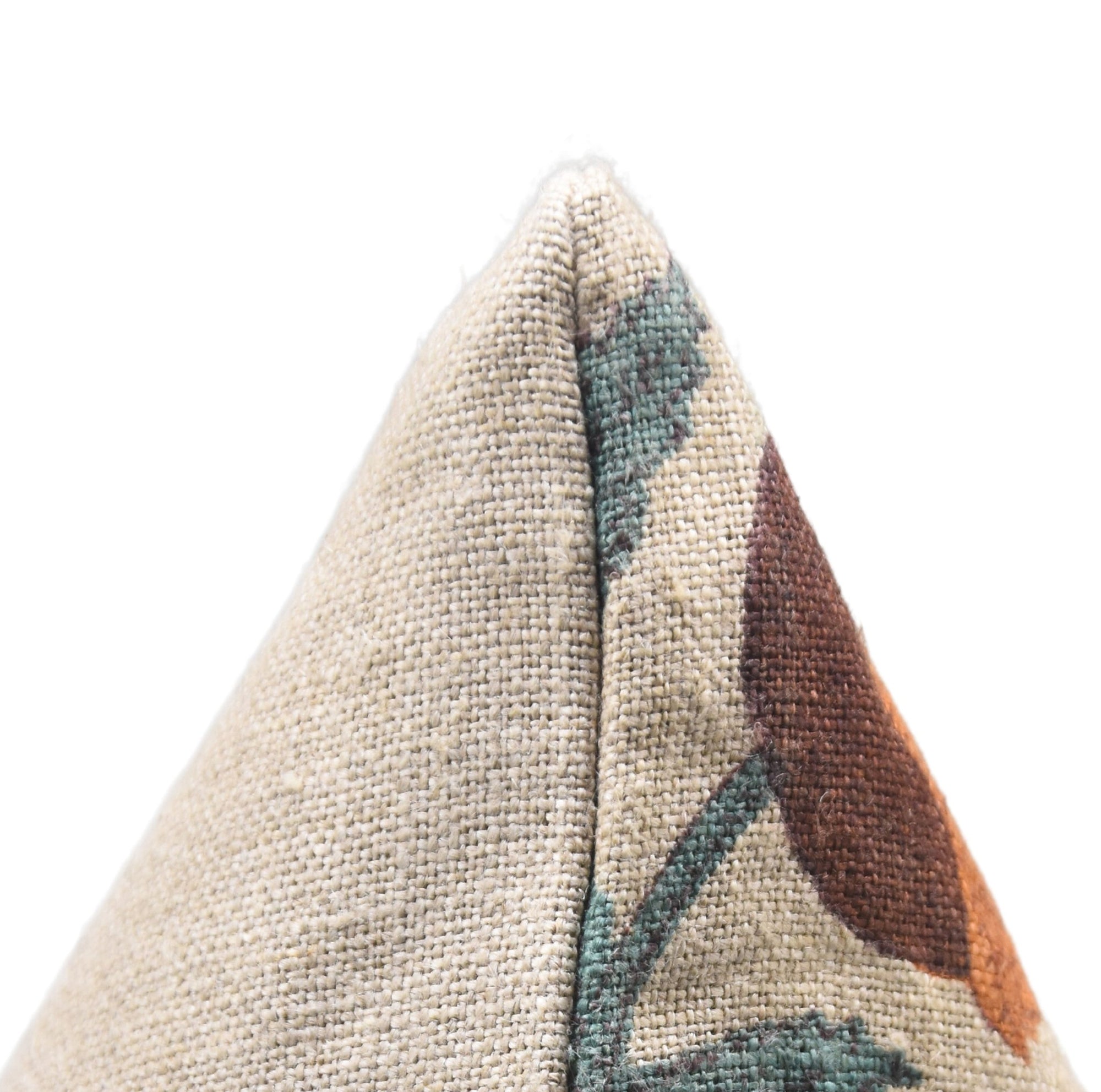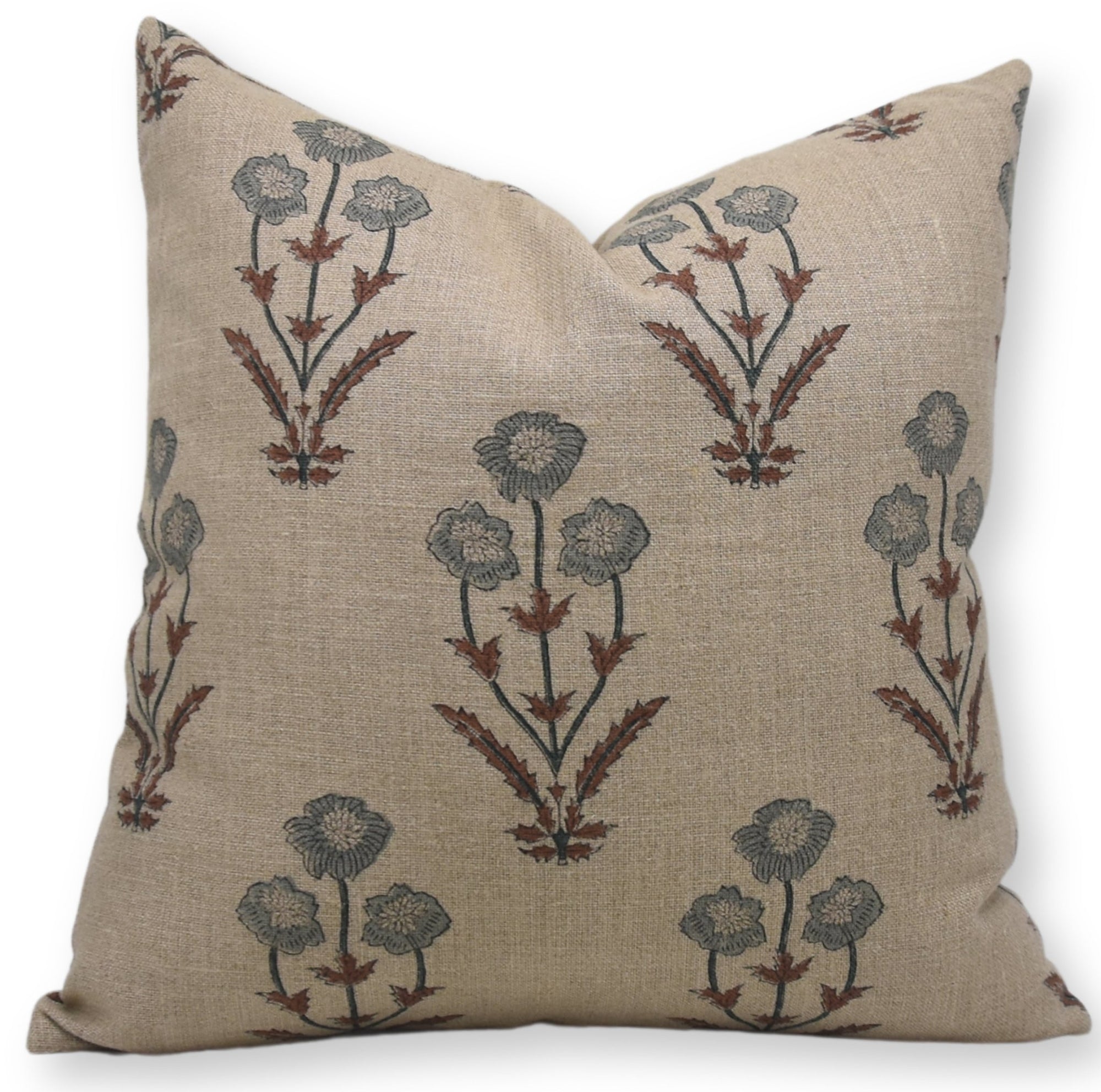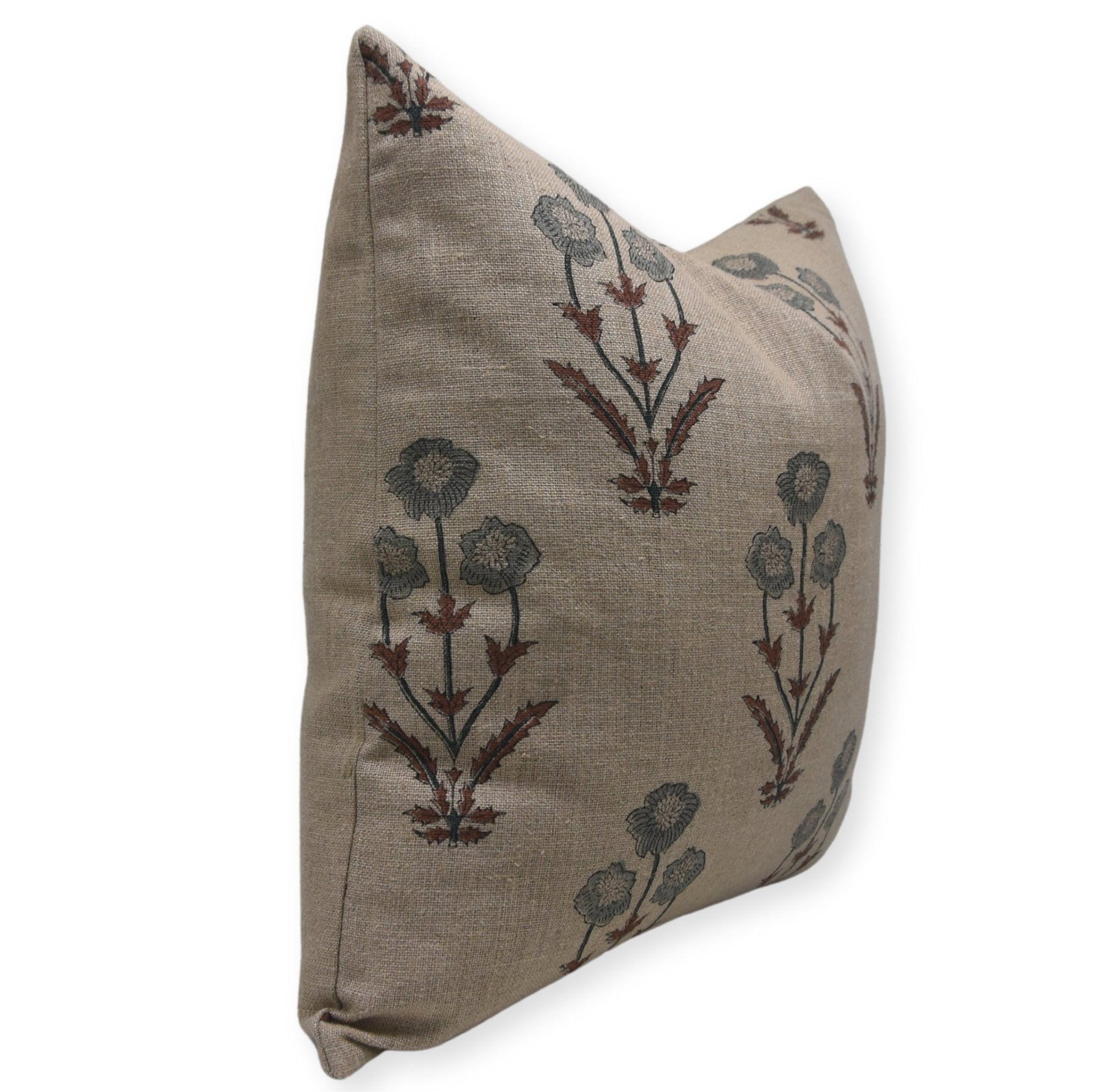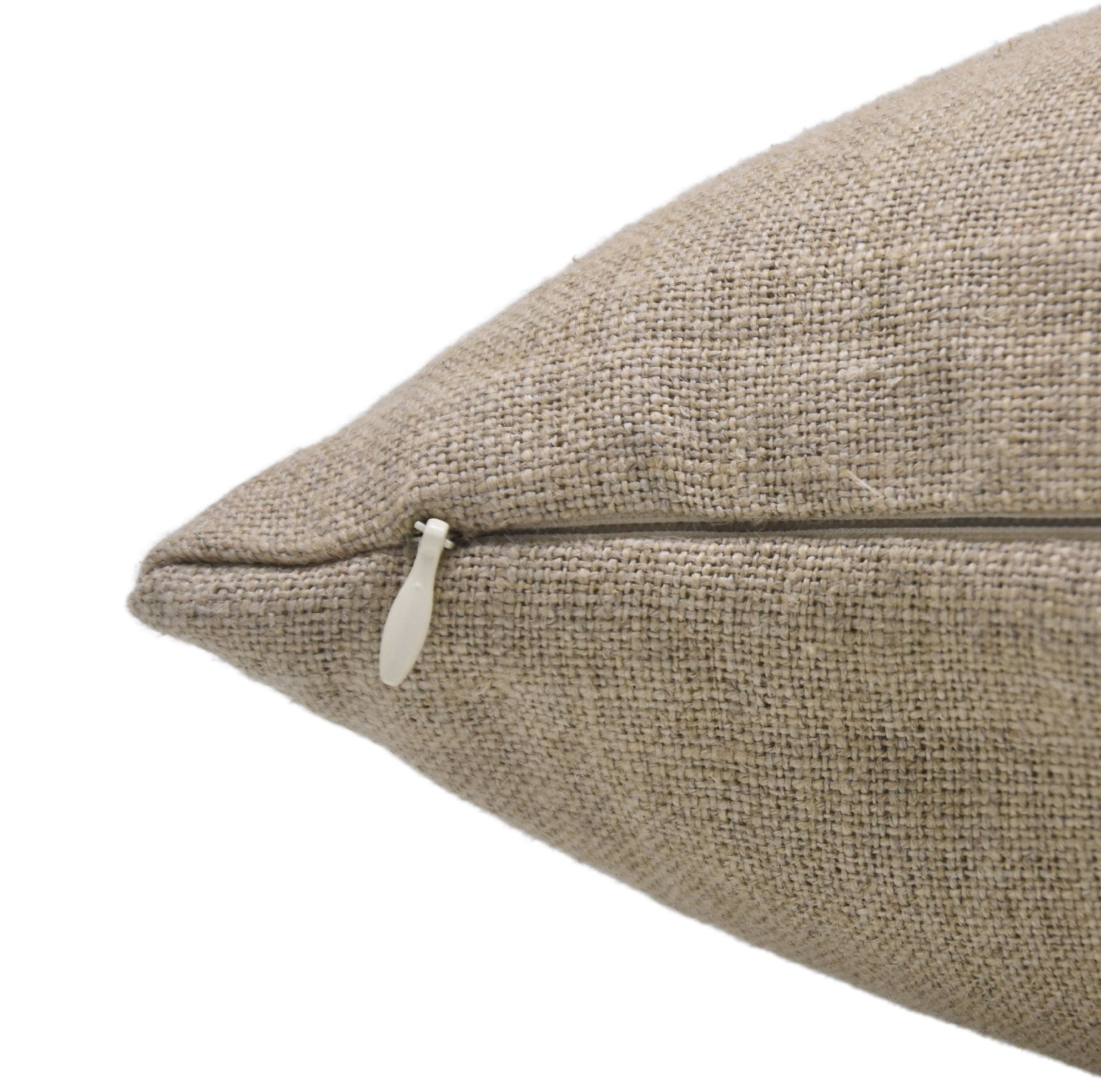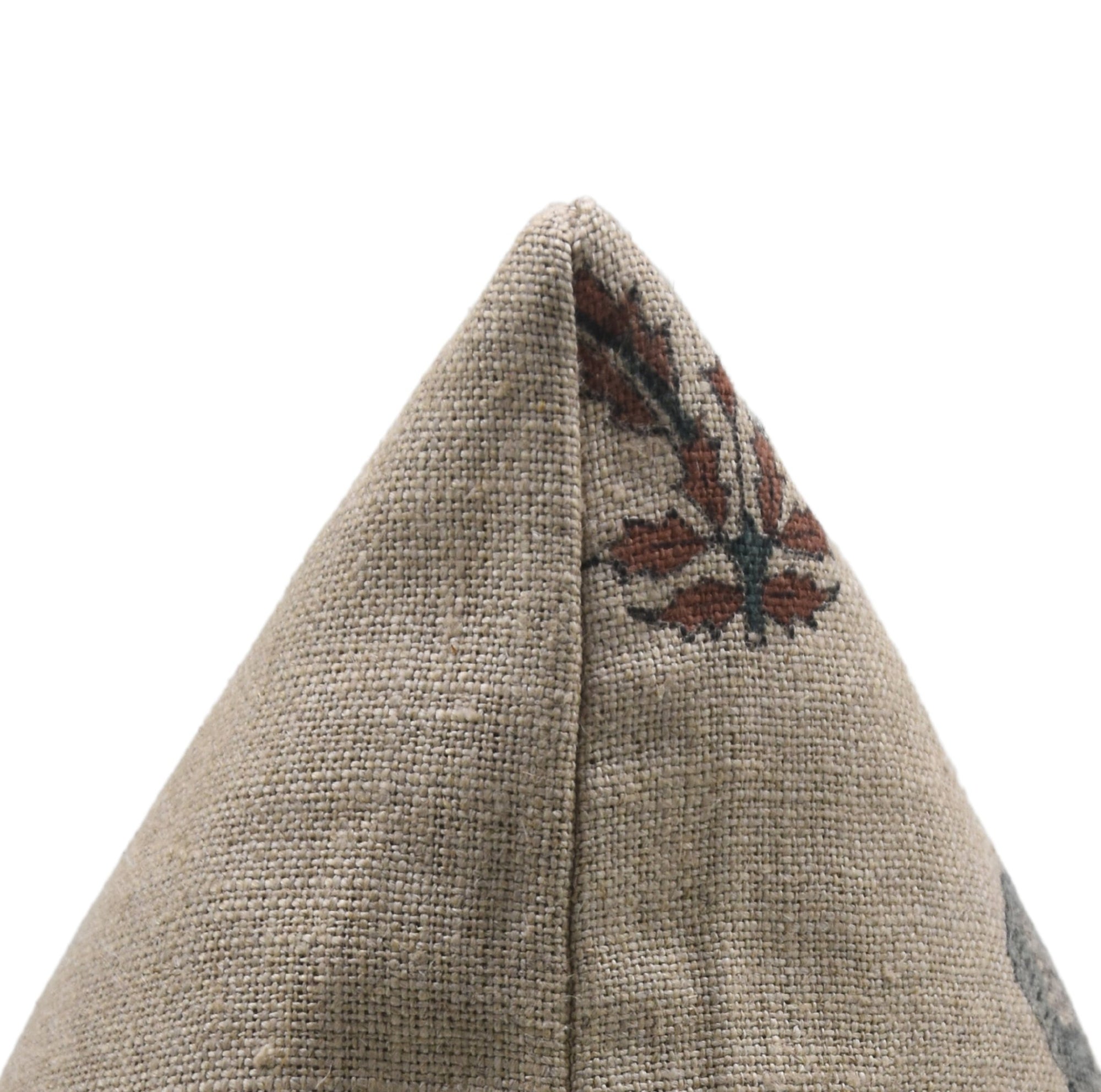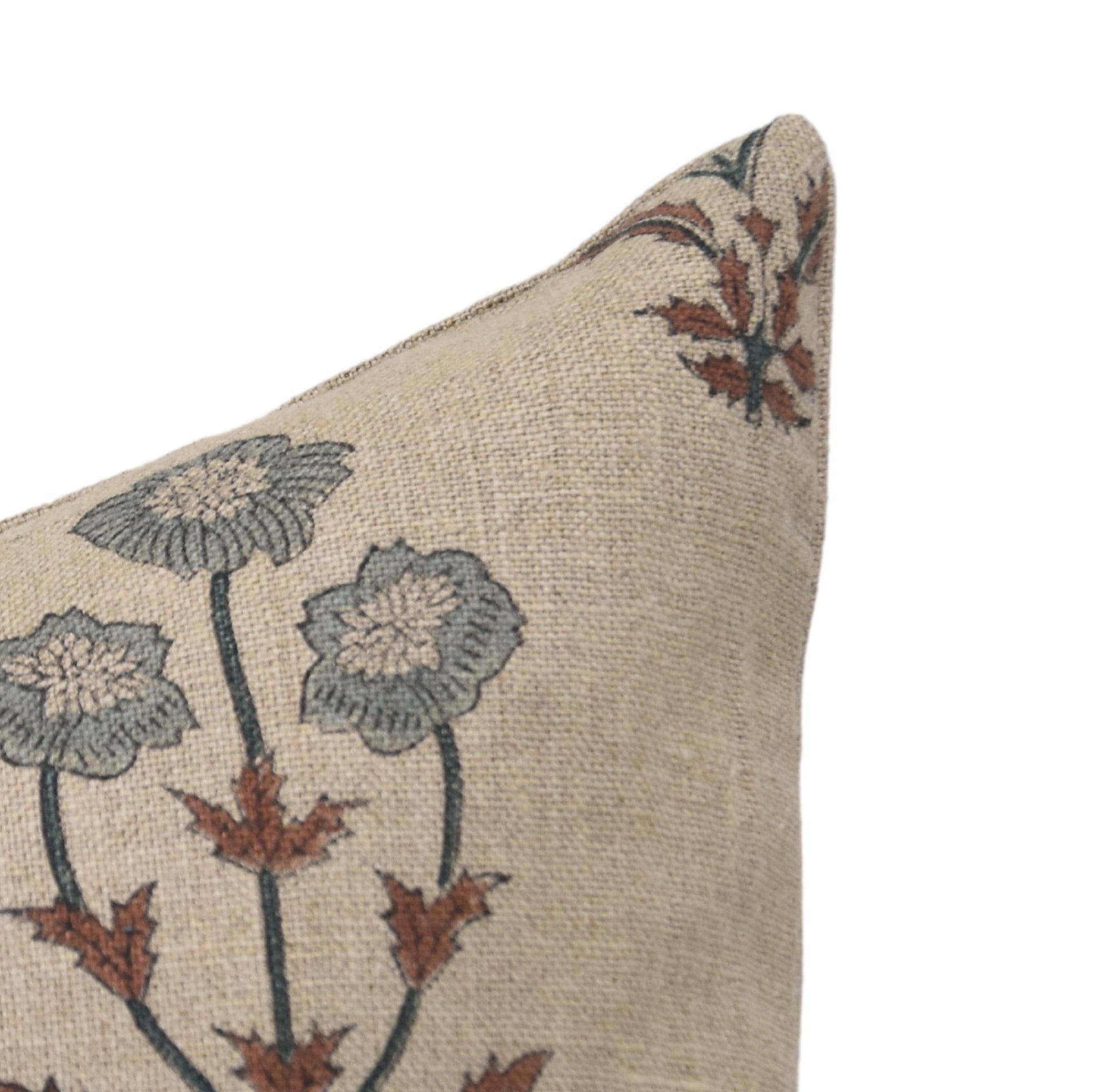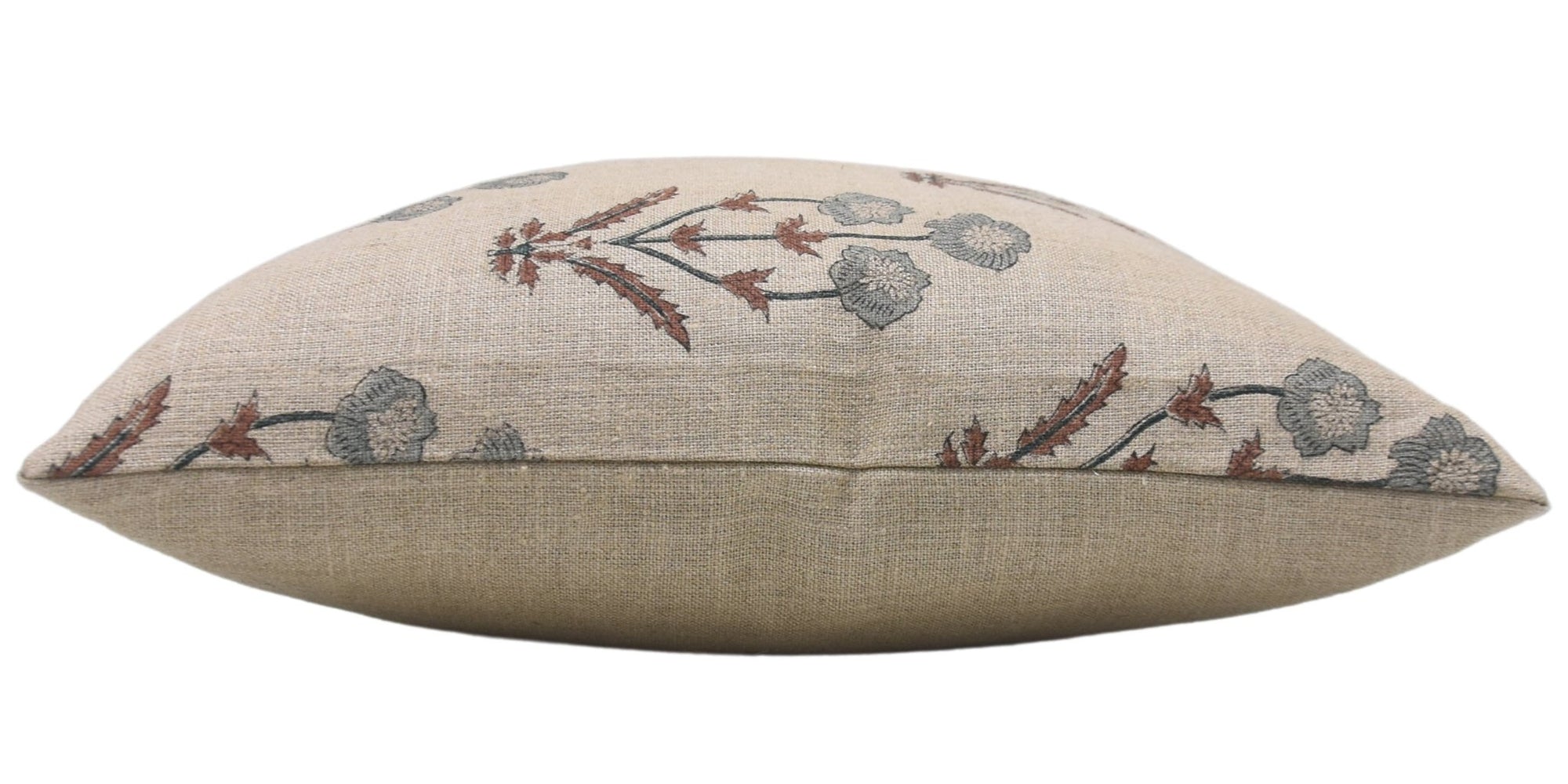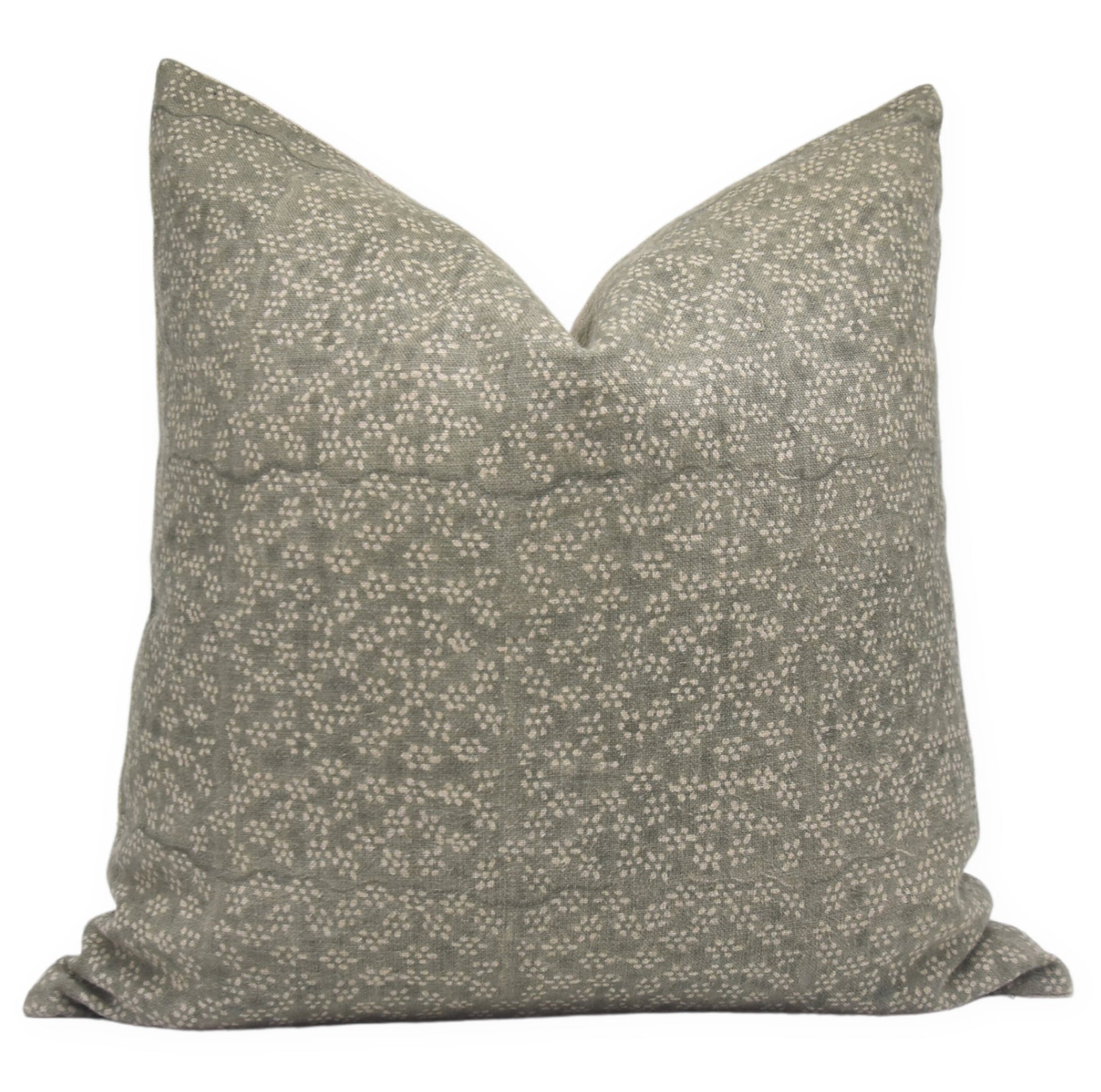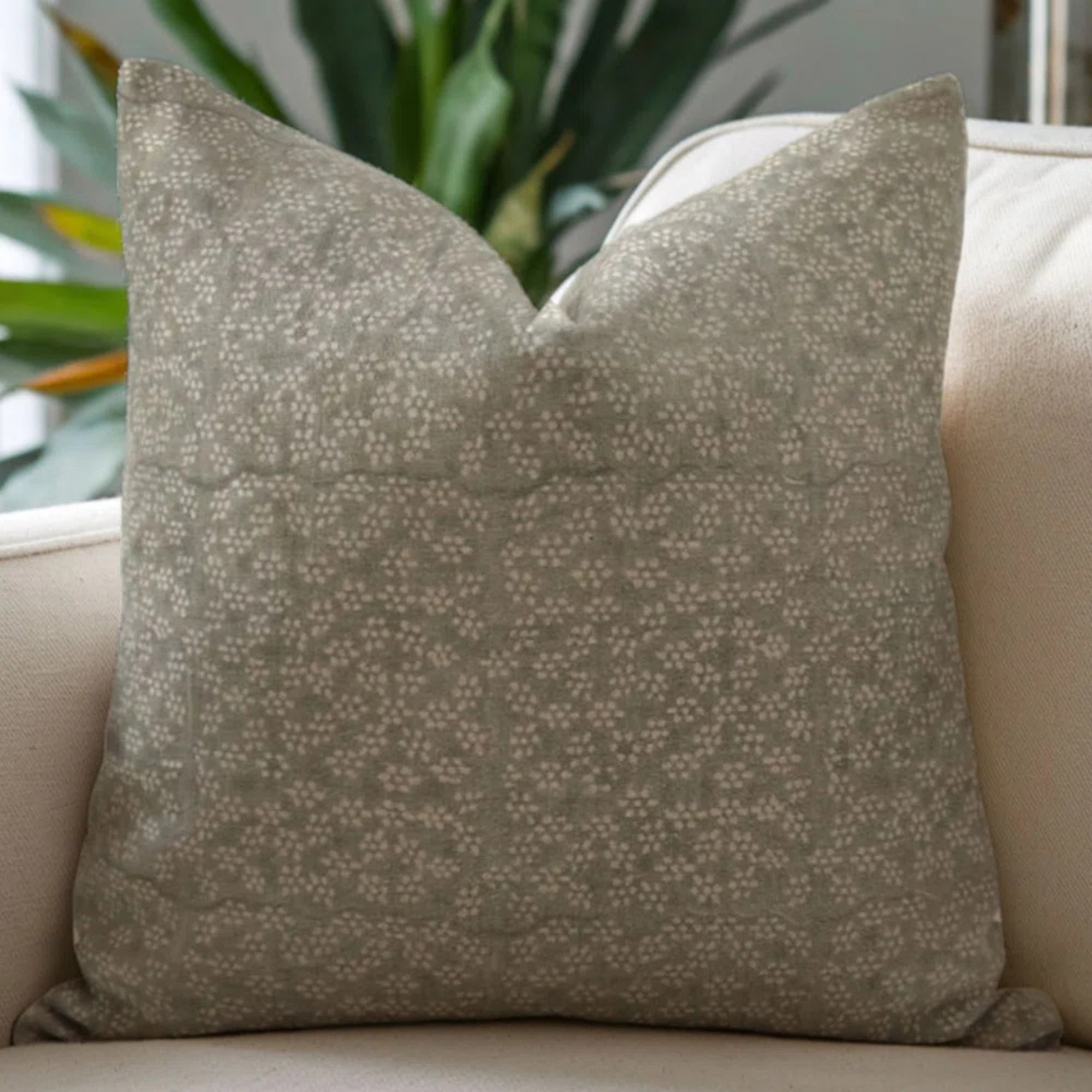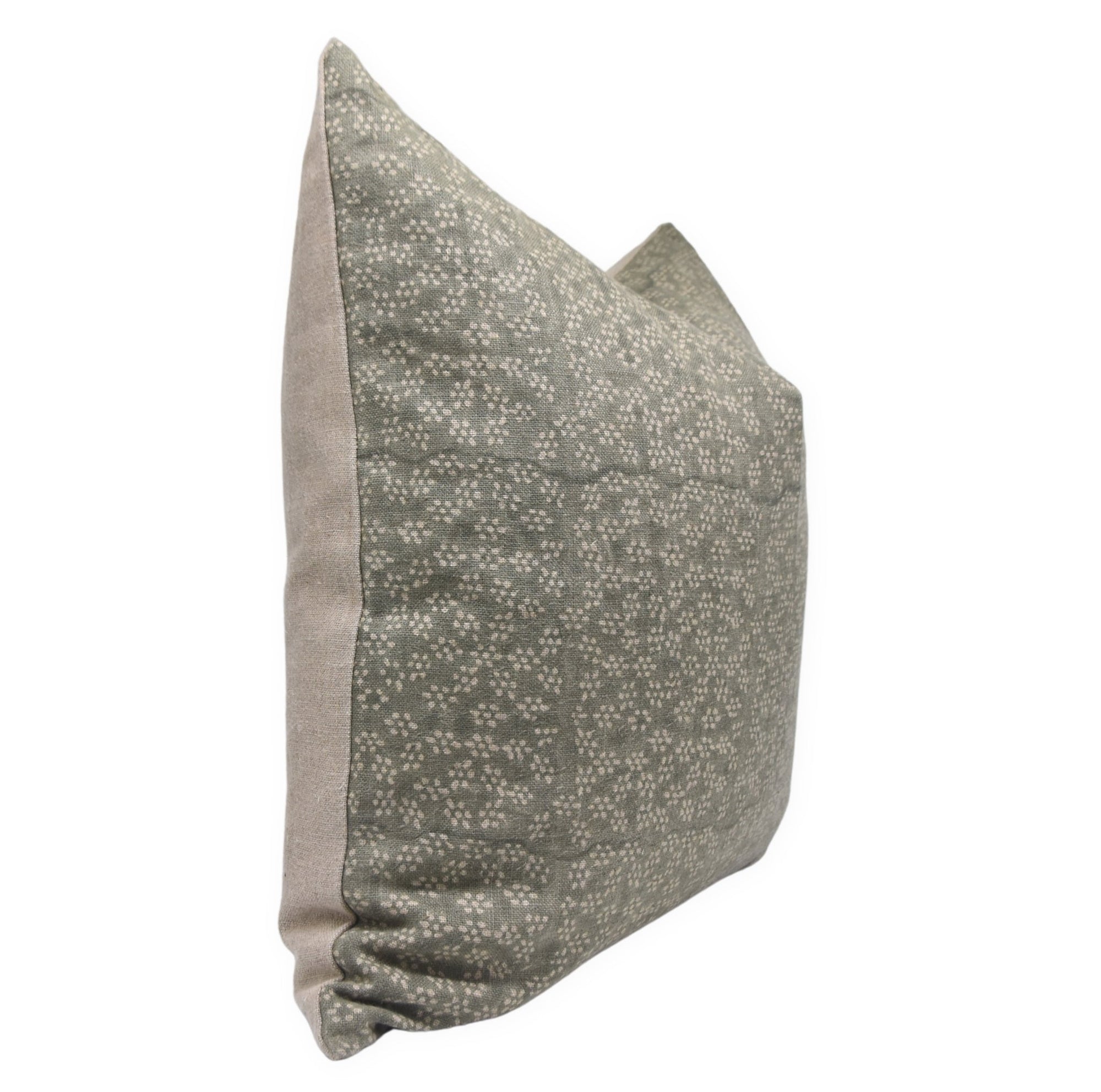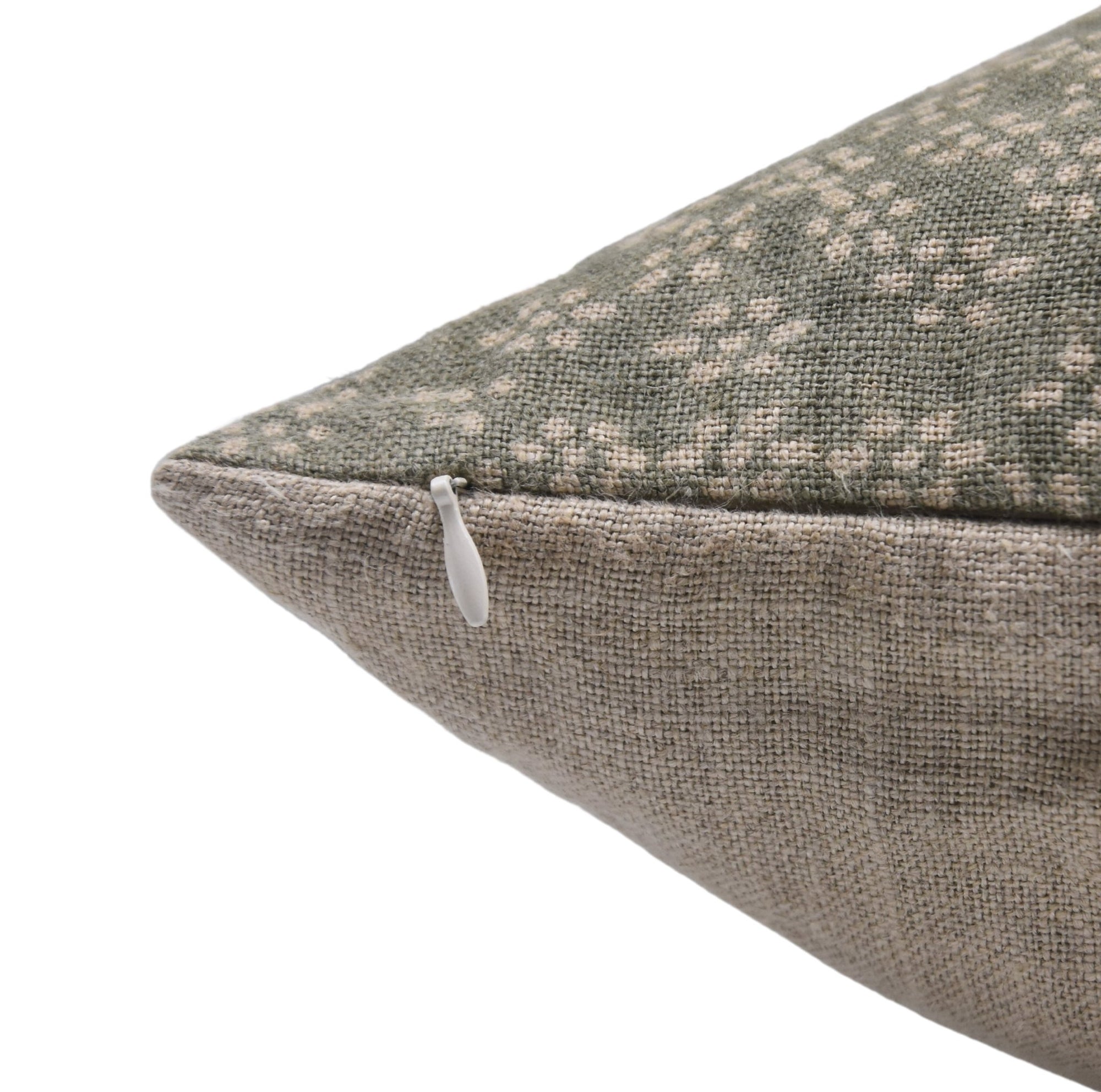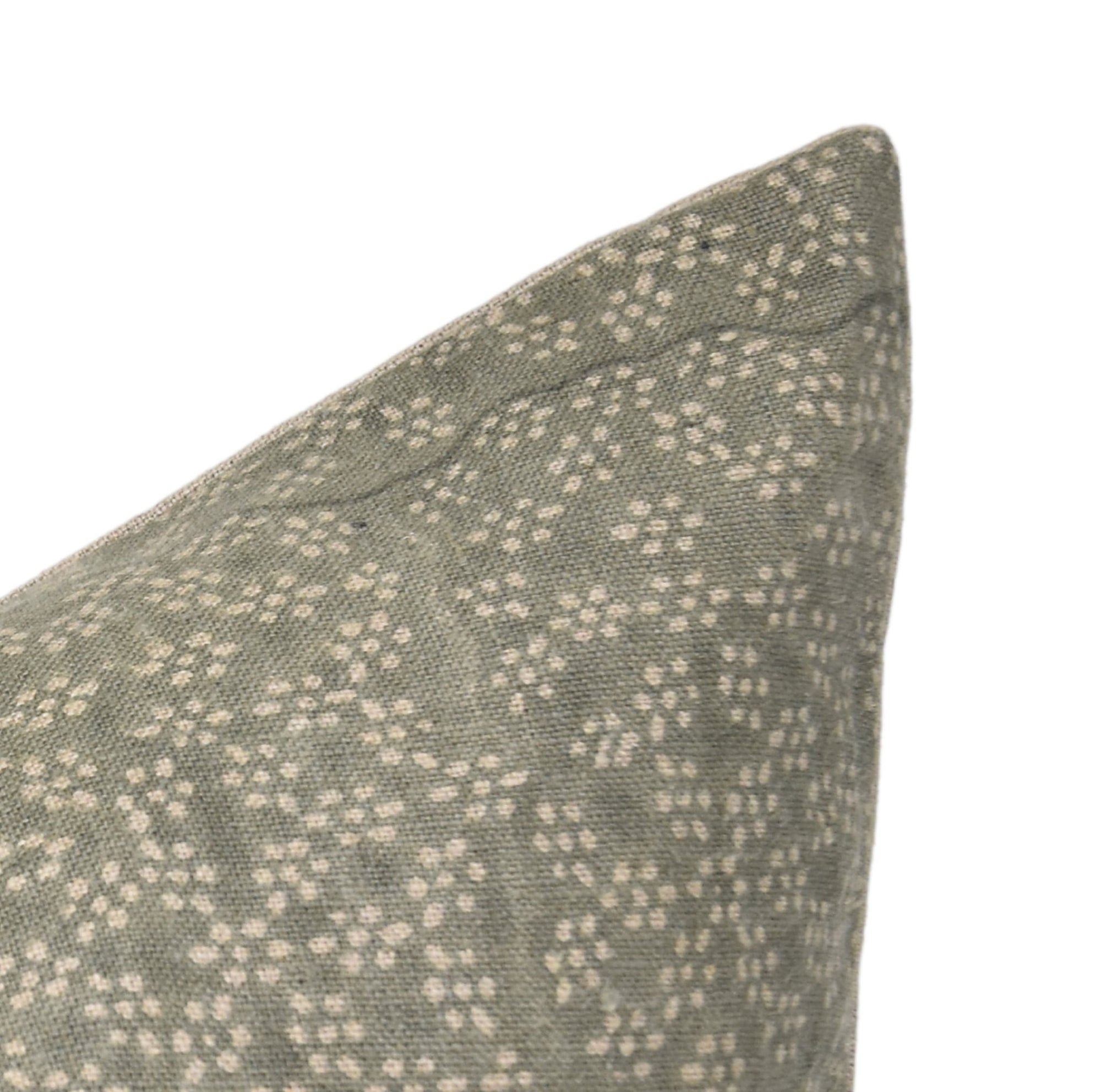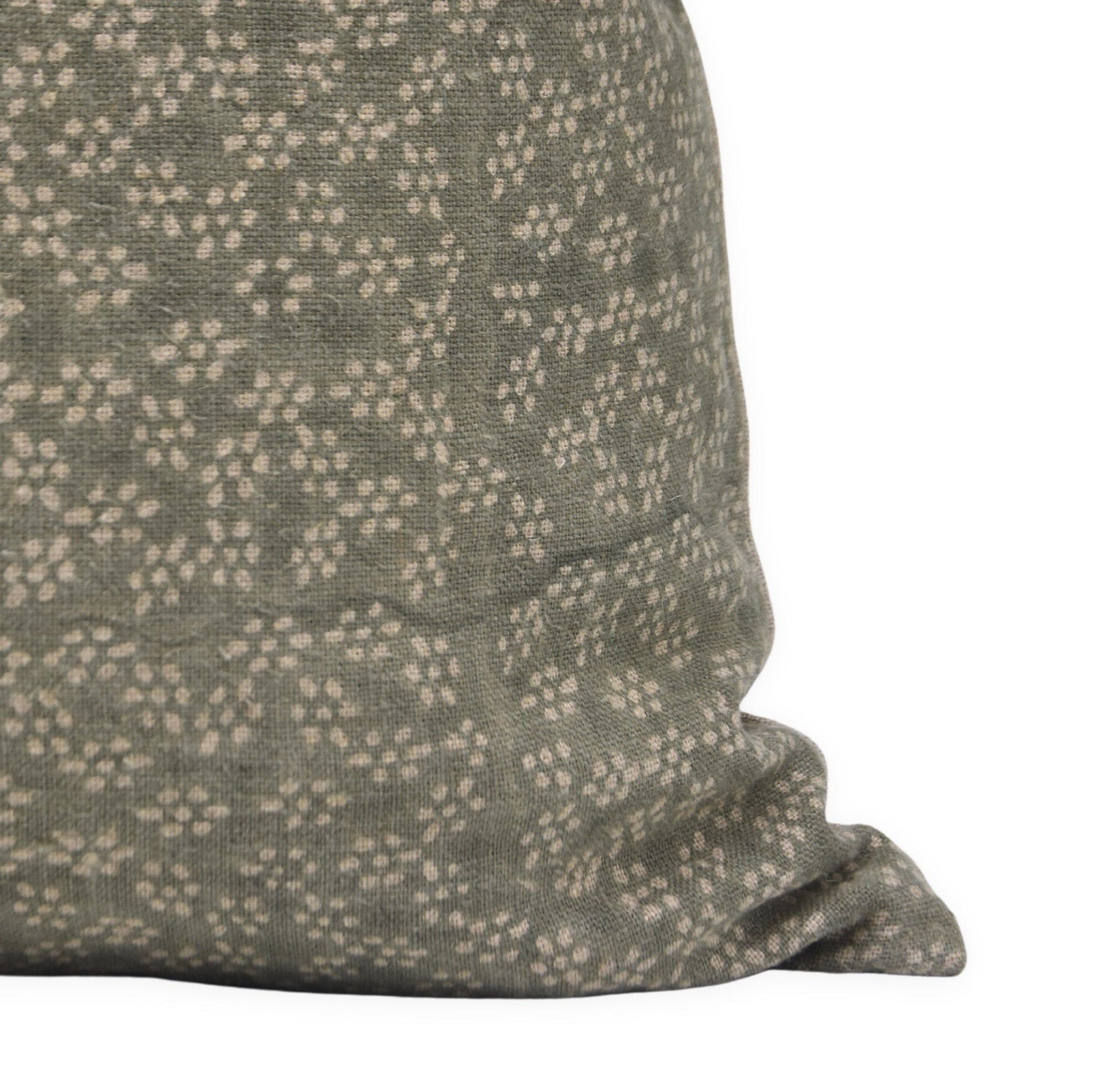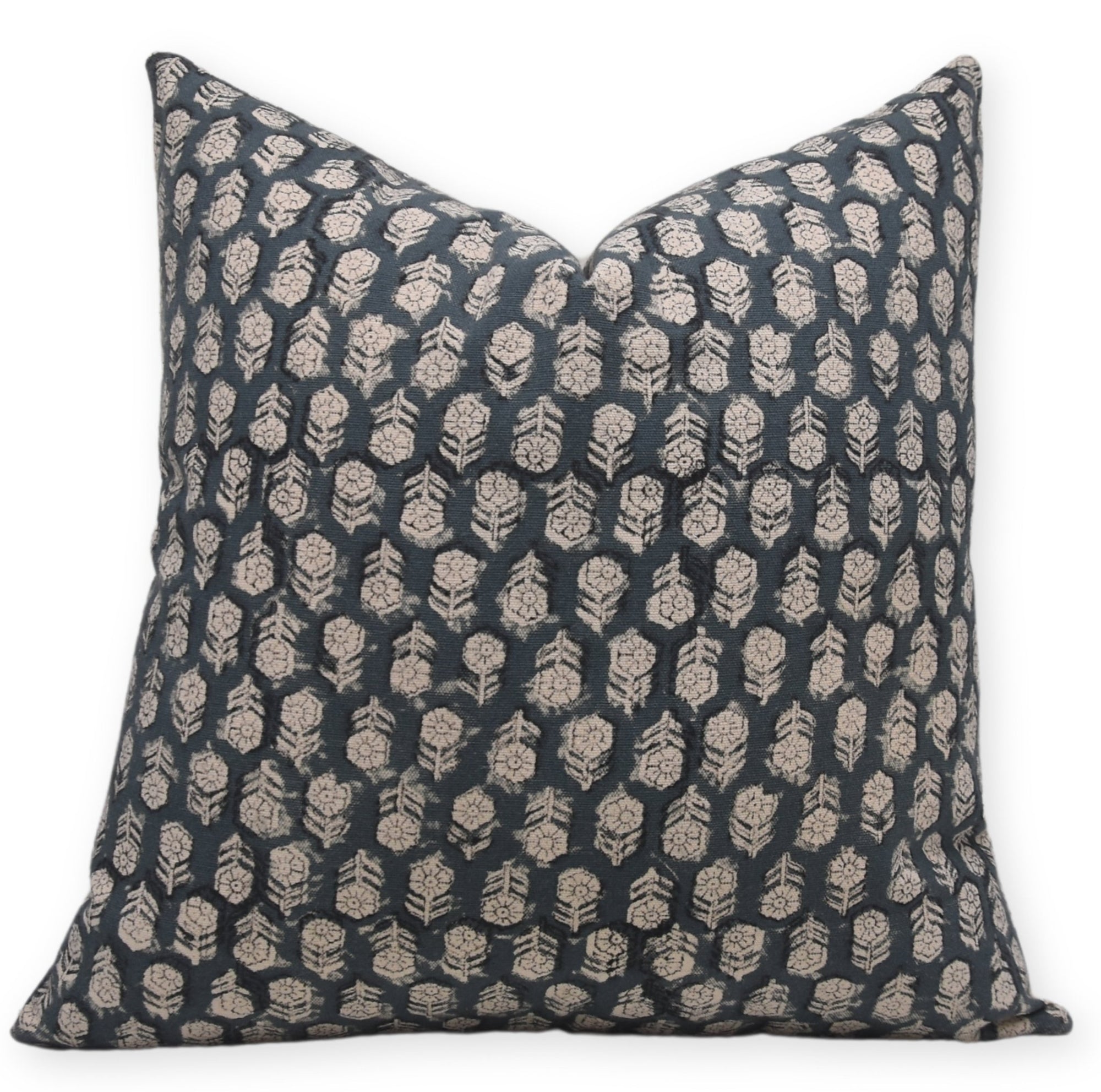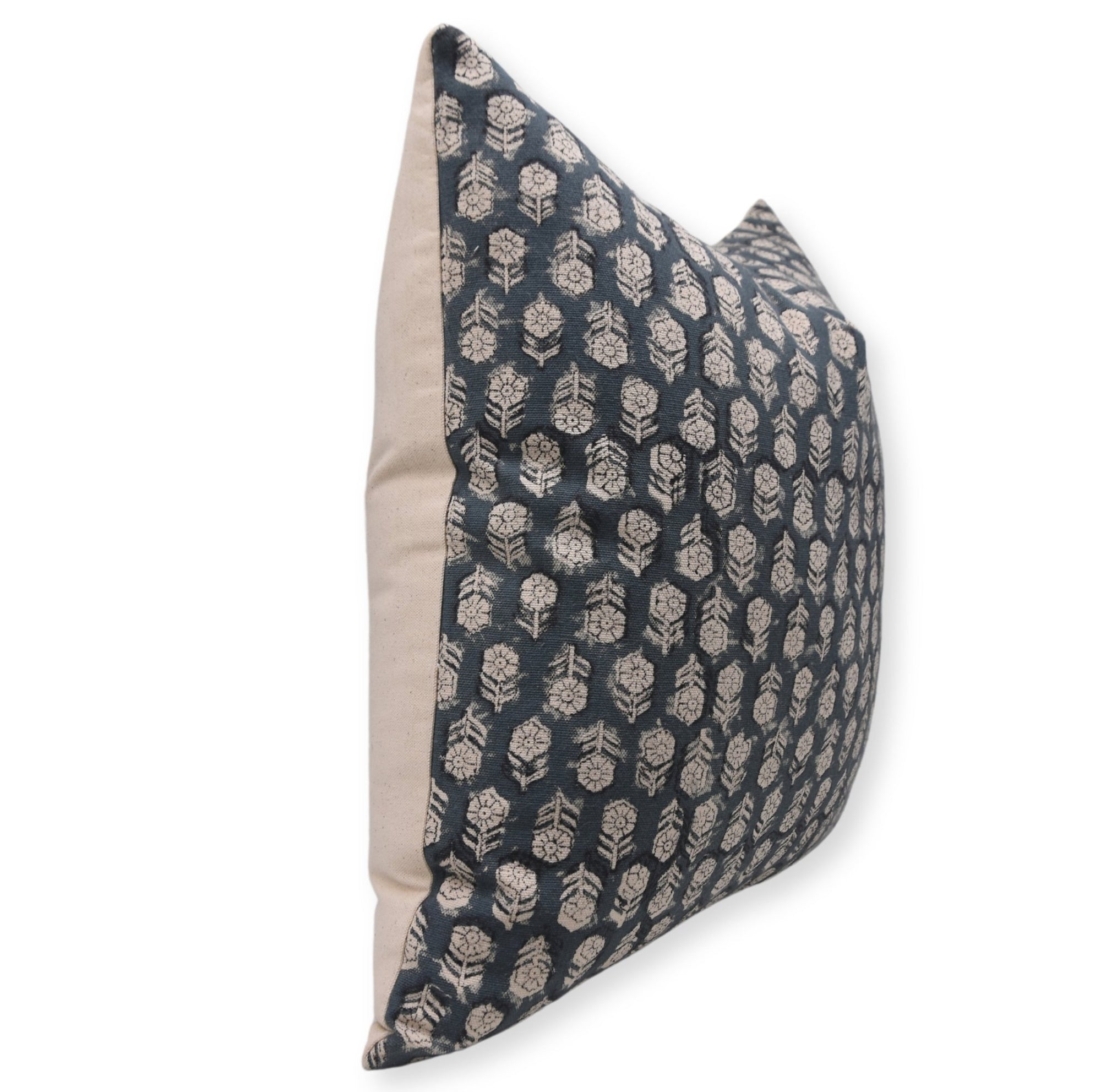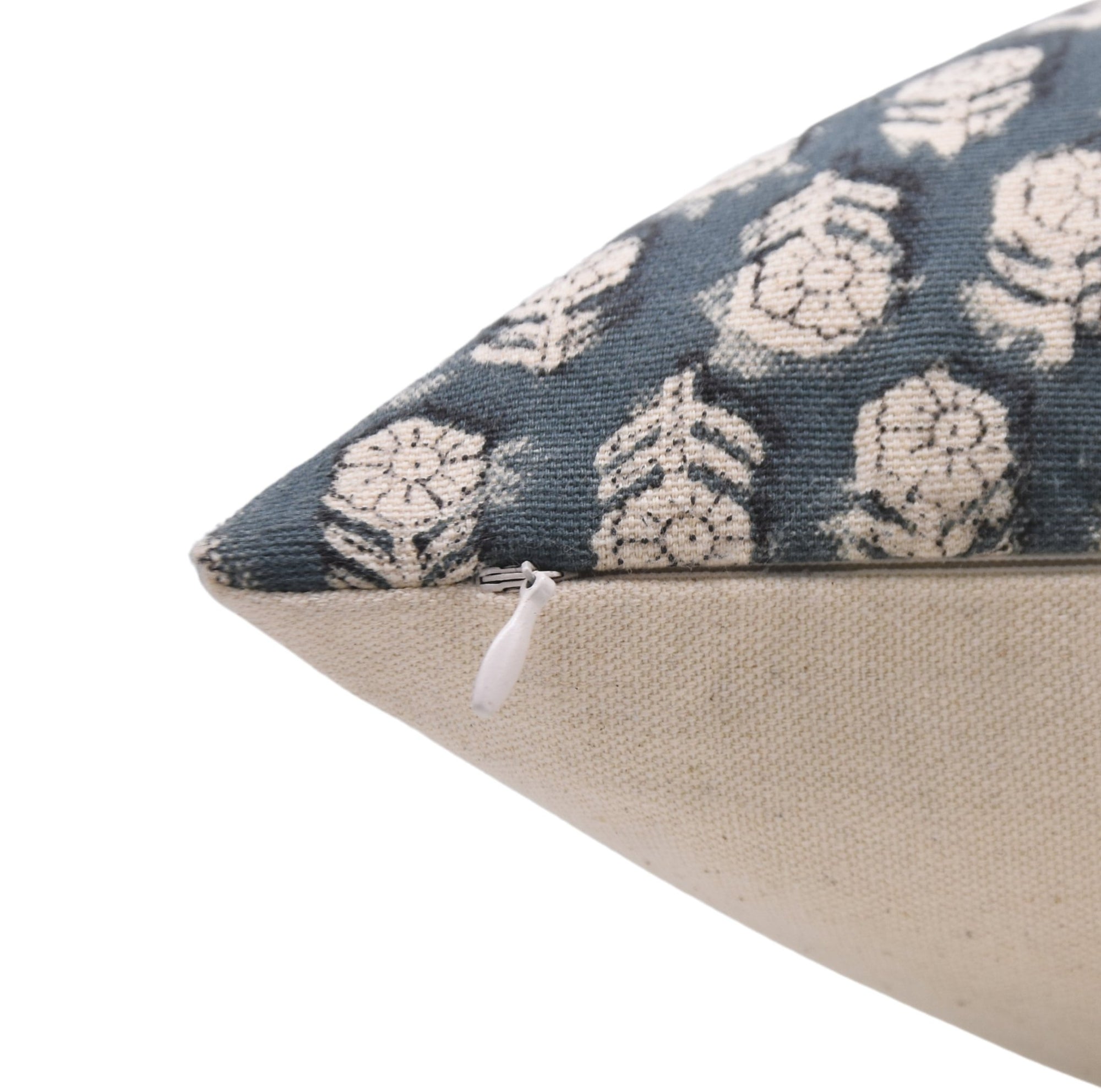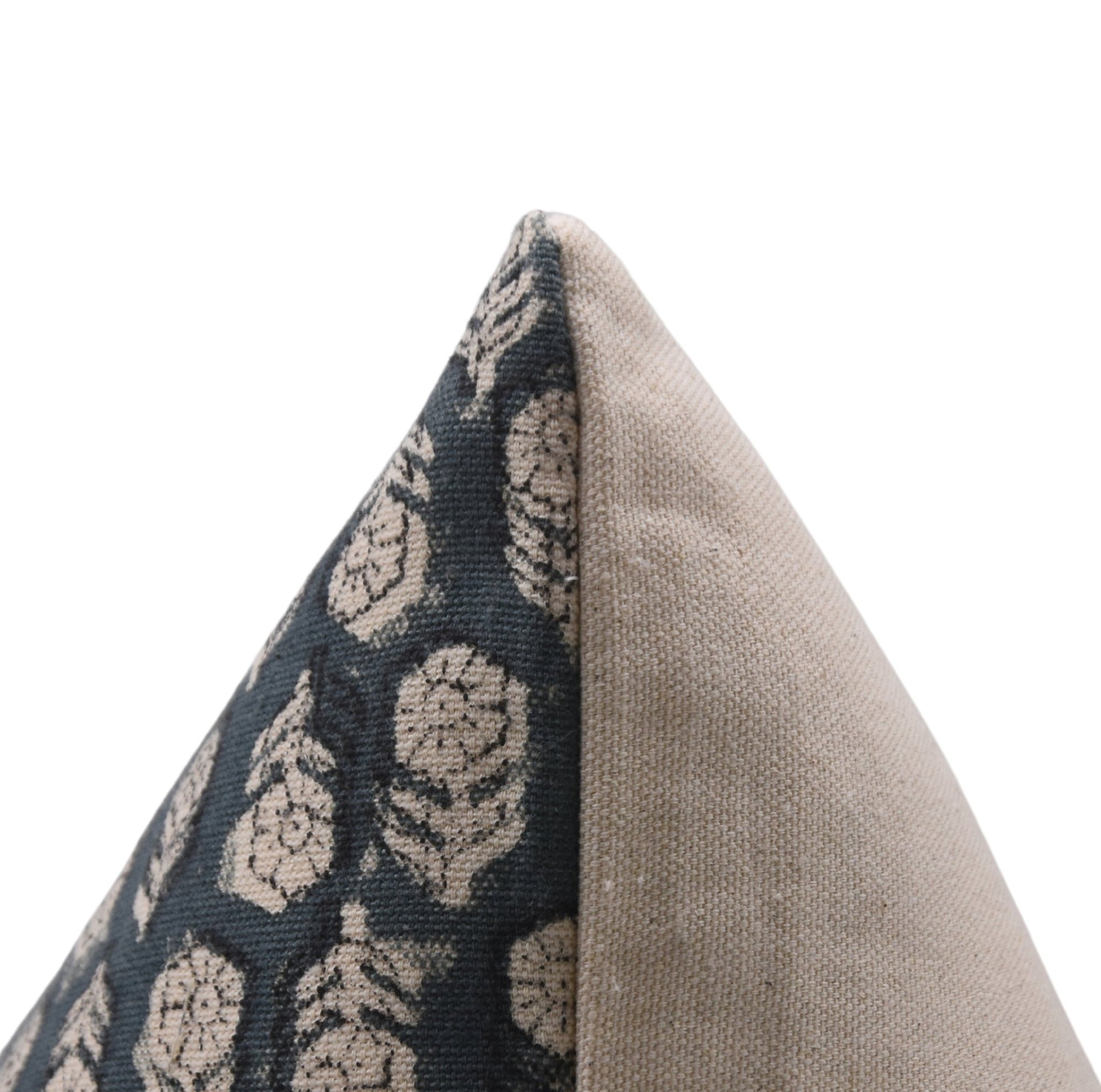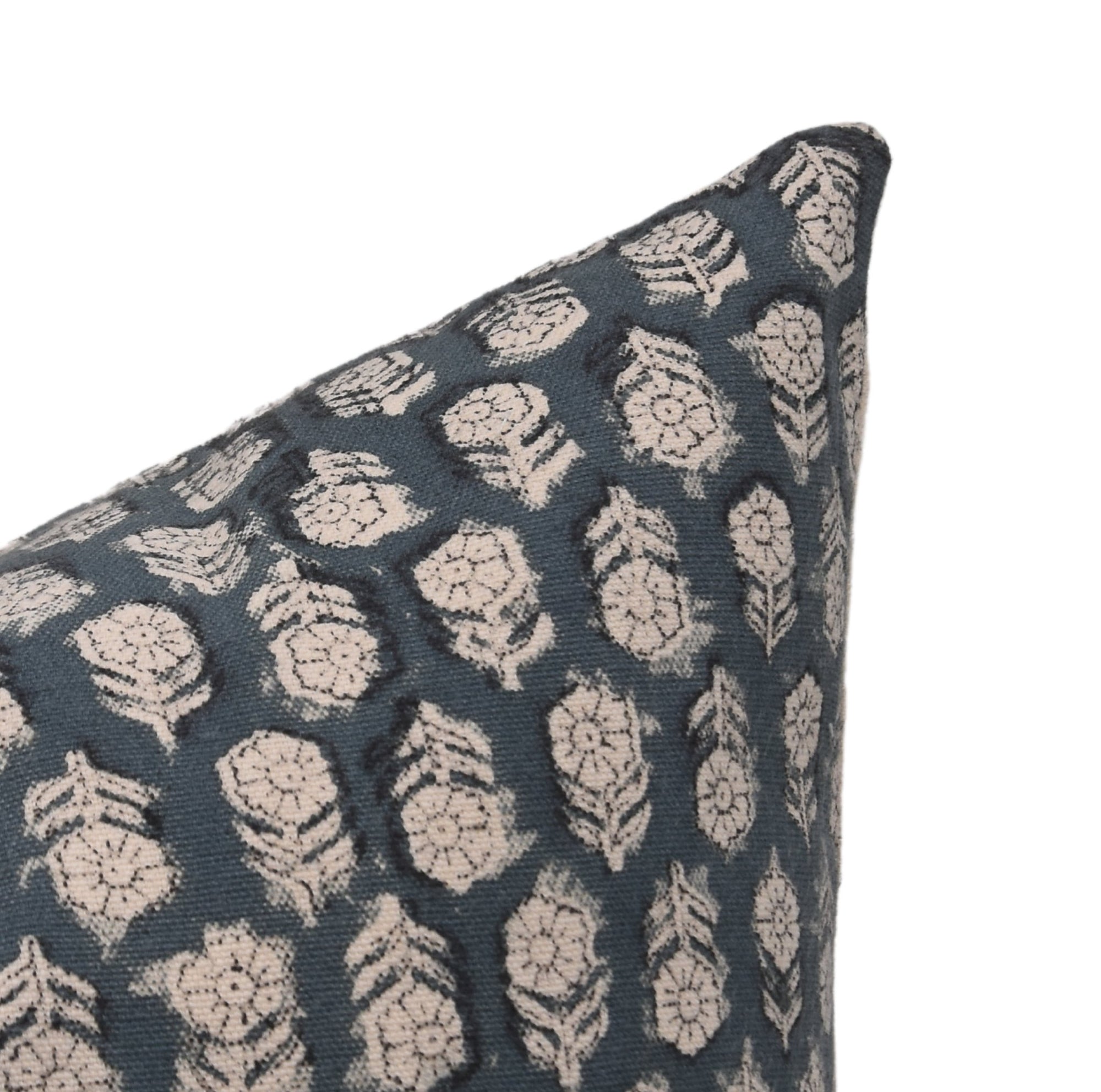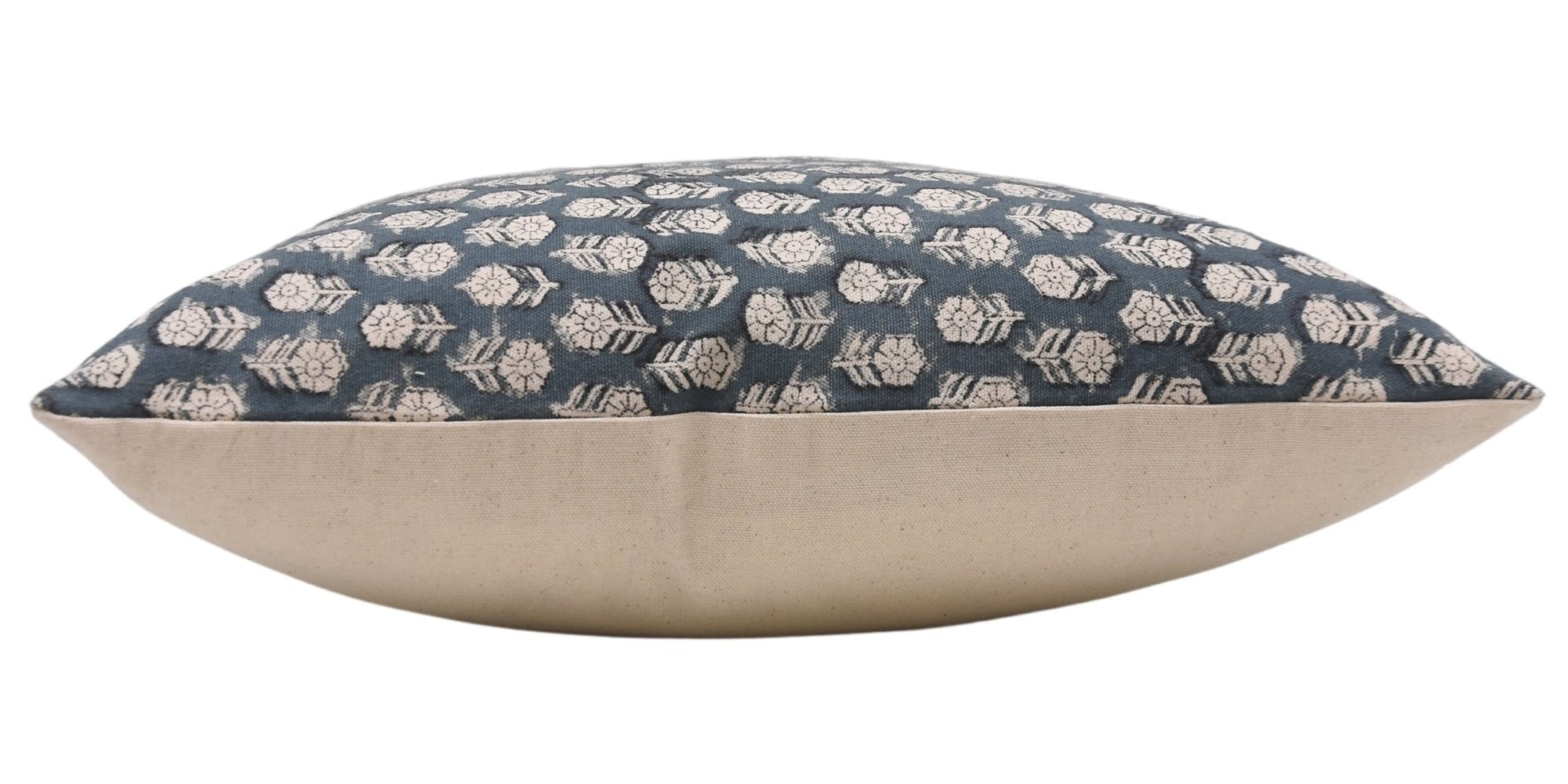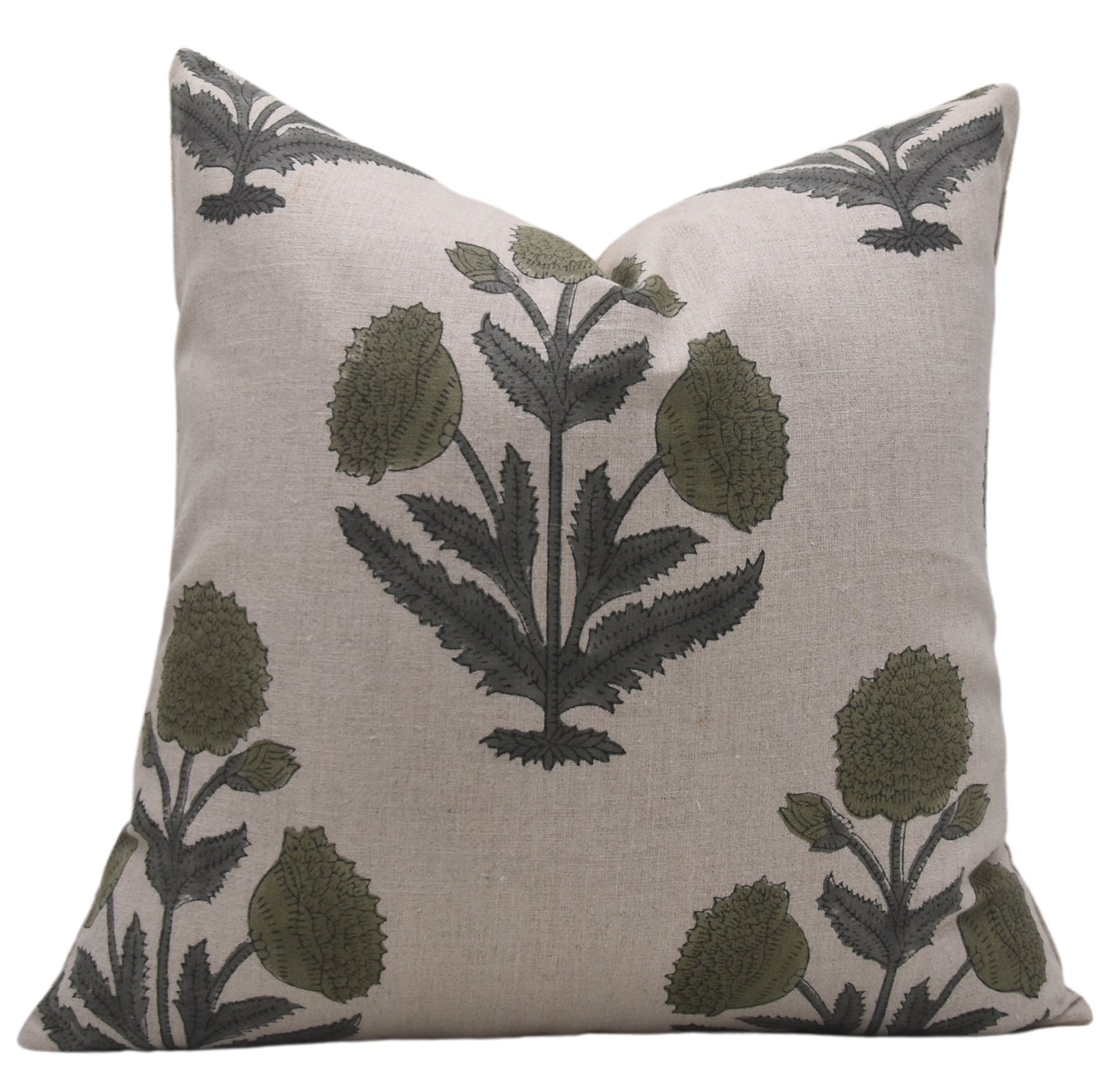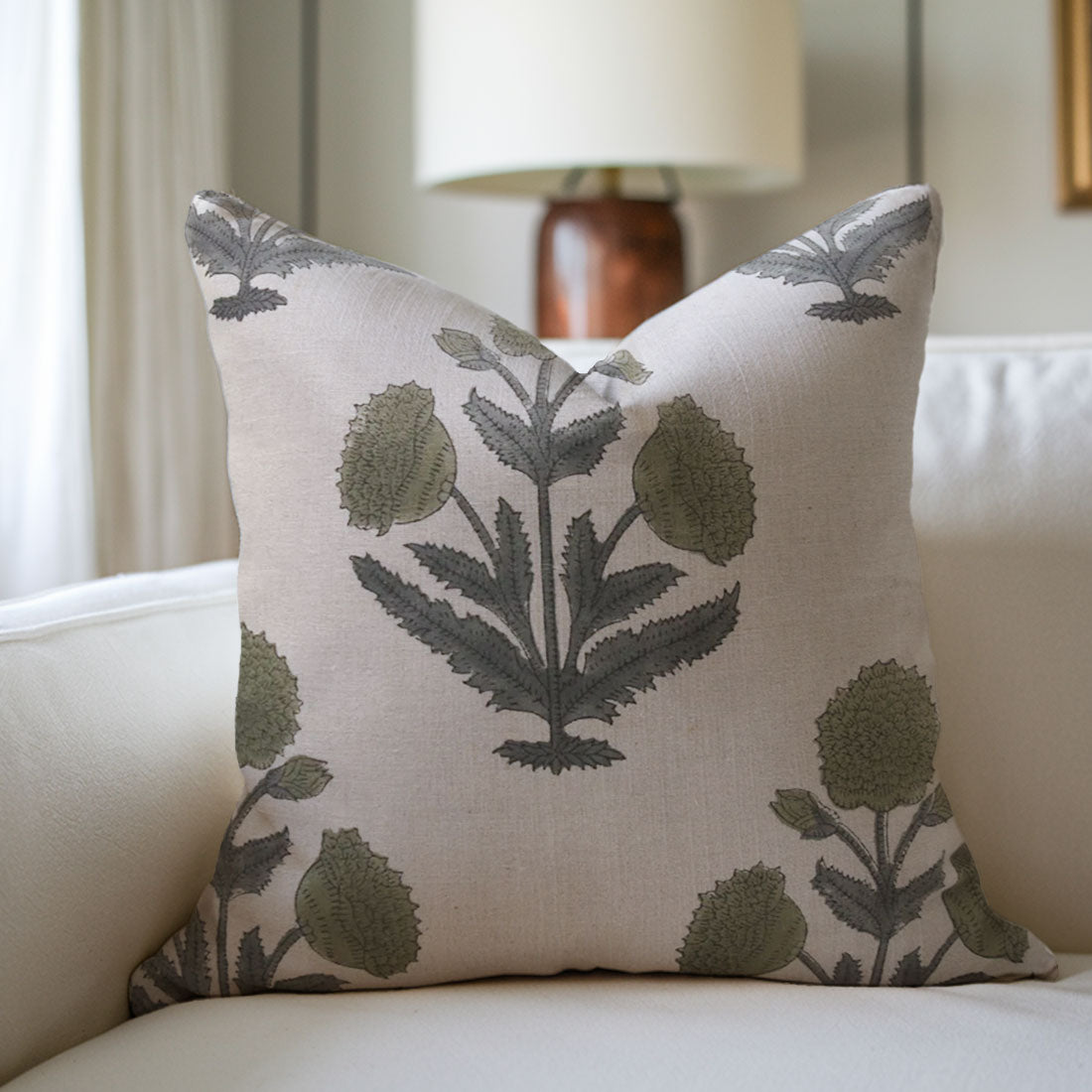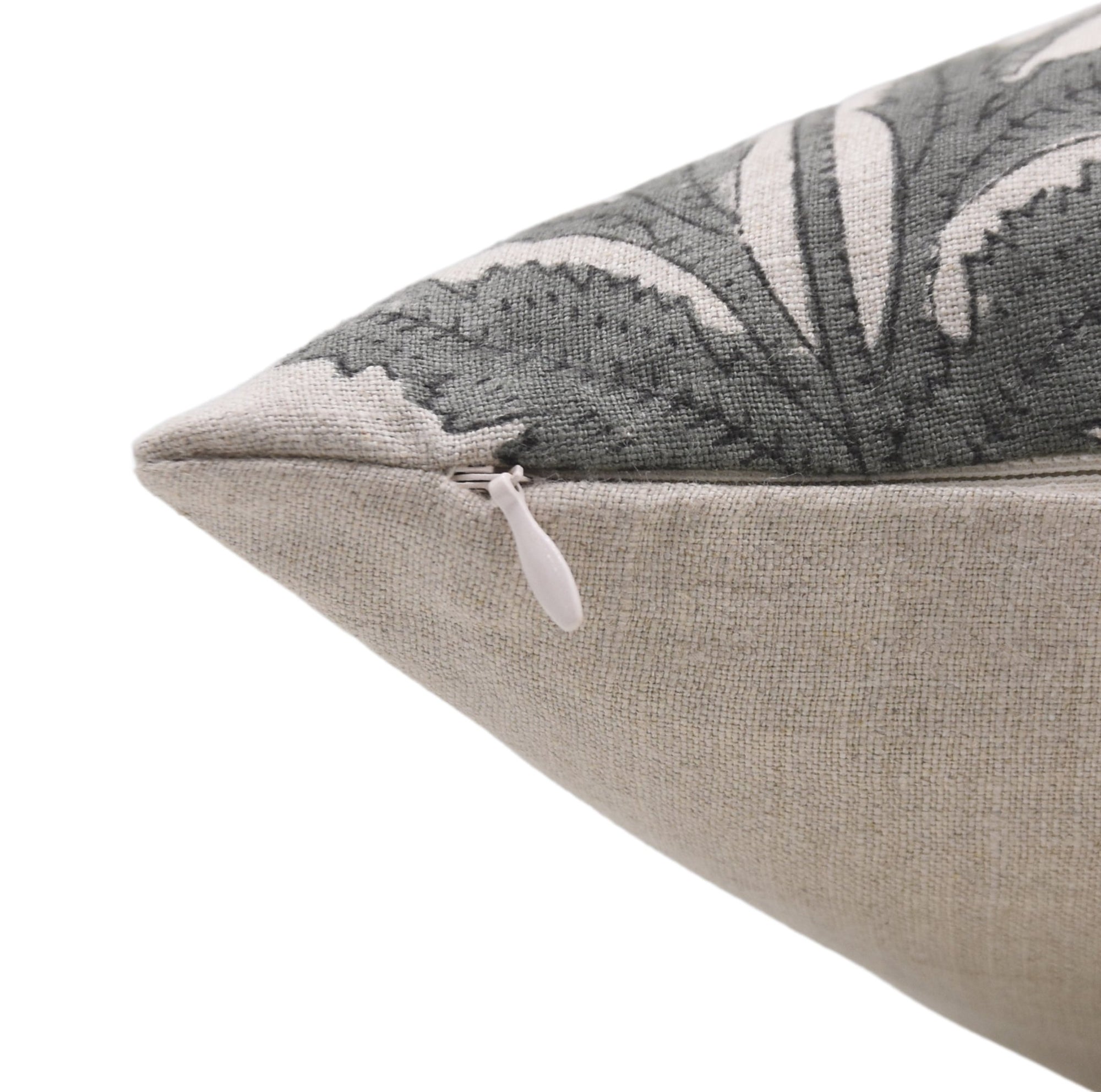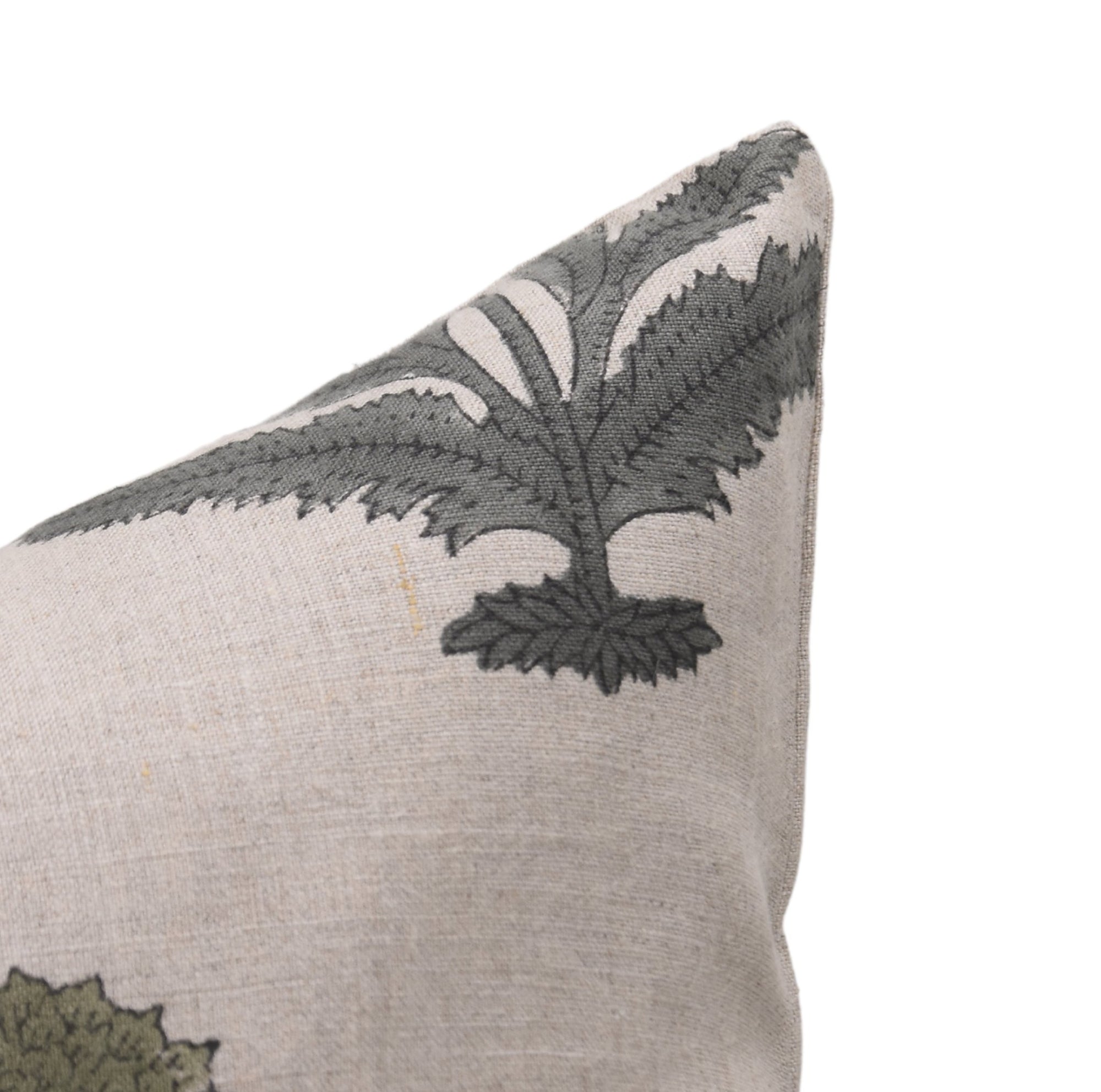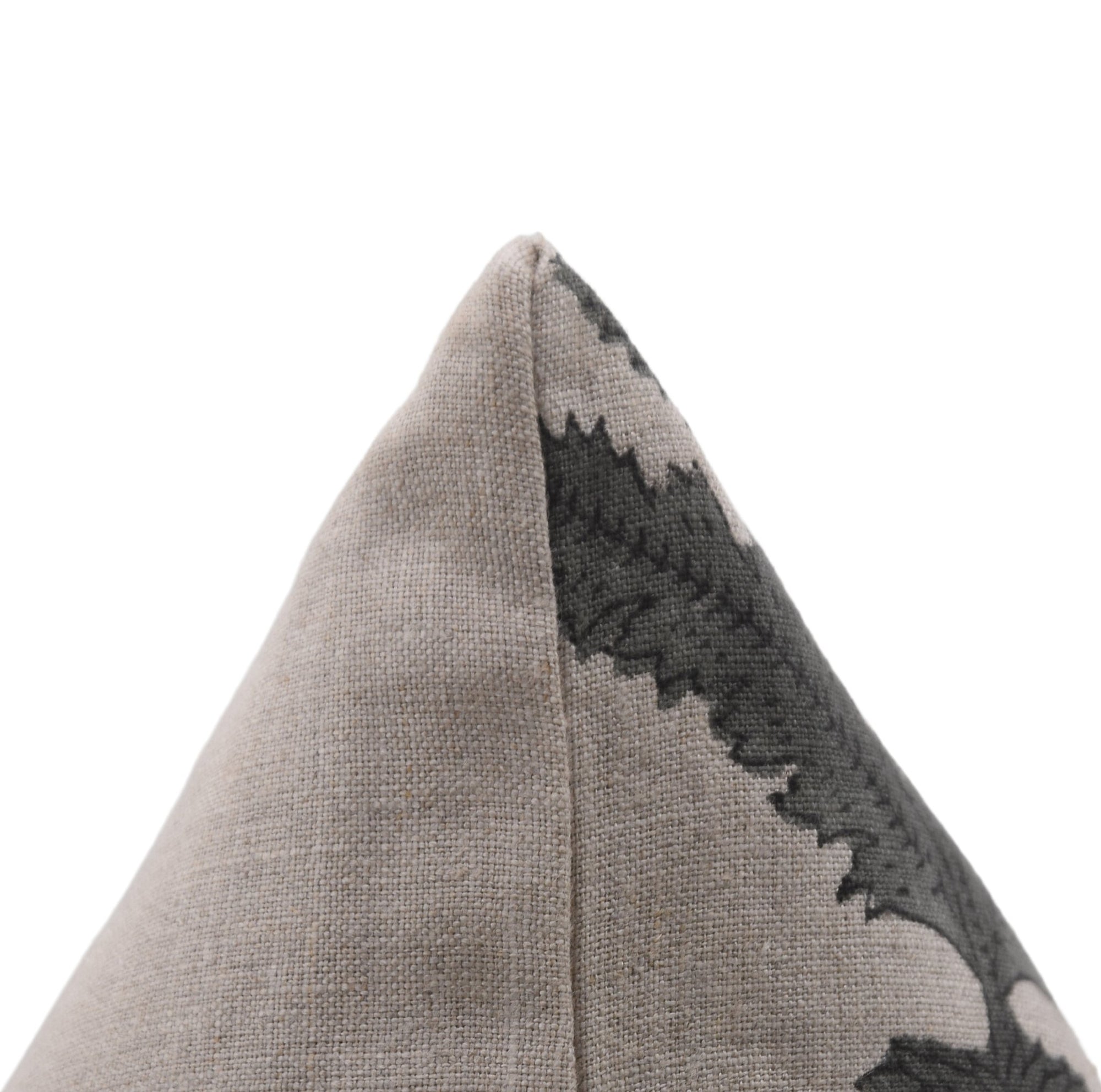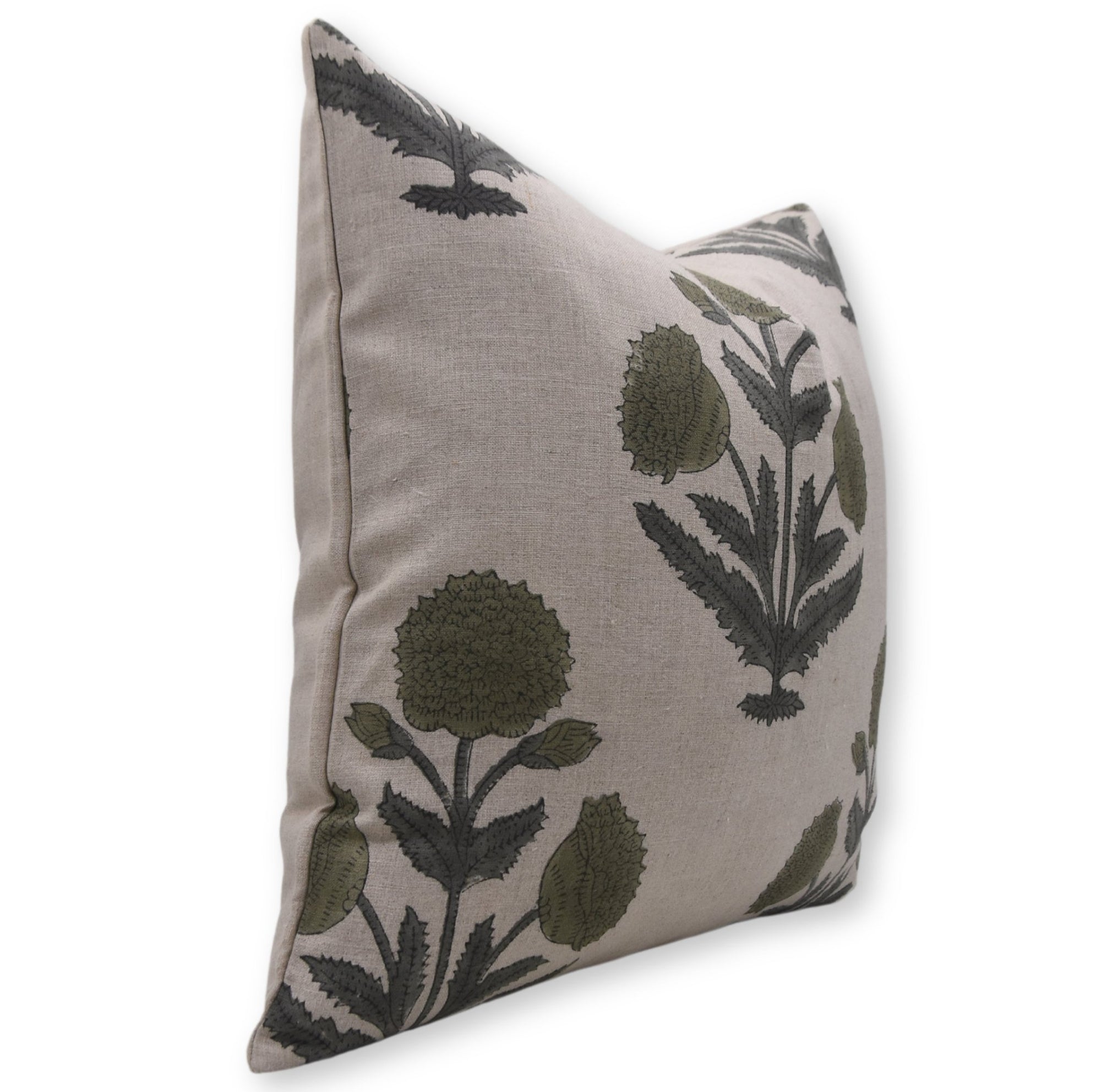In the world awash with disposable products, the humble linen tea towel emerges as a beacon of sustainability and sophistication. Eco-conscious consumers are turning to these eco-friendly alternatives, marrying functionality with environmental stewardship. Discover how embracing the minimalist charm of linen can transform your kitchen and your planet.
Understanding the Eco-Friendly Nature of Linen
Linen is celebrated not only for its aesthetic appeal but also for its minimal environmental footprint. Derived from the flax plant, a naturally resilient crop, linen production requires significantly less water and pesticides than its cotton counterpart. This intrinsic sustainability of linen is what makes linen tea towels an eco-conscious choice for modern kitchens, aligning with the growing demand for green household products.
Moreover, the durability of linen means that these towels can withstand years of use, getting softer and more absorbent with each wash. Unlike single-use or synthetic alternatives, linen tea towels offer a blend of functionality and environmental stewardship, proving that eco-friendly choices can elevate everyday life.
The Lifecycle of a Linen Tea Towel: From Flax to Fabric
The journey of a linen tea towel, from flax seed to finished product, is a testament to eco-friendly manufacturing. The flax plant, from which linen is derived, grows naturally and requires less fertilizer and pesticides, reducing its environmental impact even before harvesting.
After harvesting, the process of transforming flax into linen is remarkably water-efficient, especially compared to other textiles. Furthermore, every part of the flax plant is utilized, resulting in minimal waste. This efficient use of resources highlights the sustainability built into the very fabric of linen tea towels, making them a preferred choice for those mindful of their ecological footprint.

Comparative Analysis: Linen vs. Cotton in Sustainability
When assessing the sustainability of textiles, linen stands out notably against cotton. Cotton, while popular, consumes a vast amount of water and chemicals in its production. Linen, on the other hand, thrives with less water, growing in conditions that would be challenging for other crops.
Furthermore, the longevity of linen products, including tea towels, means they do not need to be replaced as often as cotton items. This longevity reduces waste and the demand for resources, solidifying linen’s position as the more sustainable choice in home textiles.
The Role of Linen Towels in Reducing Household Waste
Linen tea towels play an integral role in the movement towards zero-waste living. With their durability and long lifespan, these towels are a stark opposite to the throw-away culture that plagues our planet. By investing in linen, households can significantly reduce their waste, as these towels need not be frequently replaced.
Moreover, the compostable nature of linen at the end of its life further reduces its environmental impact. Linen tea towels, therefore, are not only a practical addition to any kitchen but also a step toward a more sustainable and waste-free lifestyle.
Tips for Choosing and Caring for Linen Tea Towels
Selecting high-quality linen tea towels and caring for them properly can maximize their lifespan and sustainability. Look for towels made from 100% linen to ensure you’re getting all the benefits linen has to offer – from durability to minimal environmental impact. Pay attention to the weave and weight of the fabric, as these can also affect the towel’s absorbency and drying abilities.
Caring for linen is straightforward, requiring less water and milder detergents than many other fabrics. Hang-drying not only preserves the fabric but also saves energy, contributing further to your sustainable lifestyle. By choosing high-quality linen and maintaining it with care, you can enjoy the beauty and sustainability benefits of your tea towels for years to come.
Beyond the Kitchen: Versatile Uses of Linen Tea Towels
Linen tea towels, with their elegant simplicity and robustness, have transcended their traditional role in the kitchen to serve a multitude of purposes. From becoming eco-friendly wraps for baked goods to acting as stylish placemats or even framed as minimalist art, the versatility of linen tea towels is limited only by your imagination.
Their absorbent nature makes them an excellent choice for drying dishes or hands, but their attractiveness and texture have seen them repurposed into cafe curtains, cushion covers, and more. Embracing the versatility of linen tea towels can help further reduce household waste, proving that style and sustainability can indeed coexist.

Embracing Sustainability with Linen Tea Towels
As we wrap up our deep dive into the sustainability of linen tea towels, it’s evident that these everyday items hold extraordinary potential for reducing our environmental footprint. Linen, with its natural resilience, longevity, and minimal environmental impact, offers a greener, cleaner way to approach our daily living. By opting for linen, we’re not just selecting a kitchen towel; we’re choosing a path towards a more sustainable lifestyle that values quality over quantity, heritage over novelty, and eco-consciousness over convenience. Embrace linen tea towels, and let your home reflect your commitment to a healthier planet.


